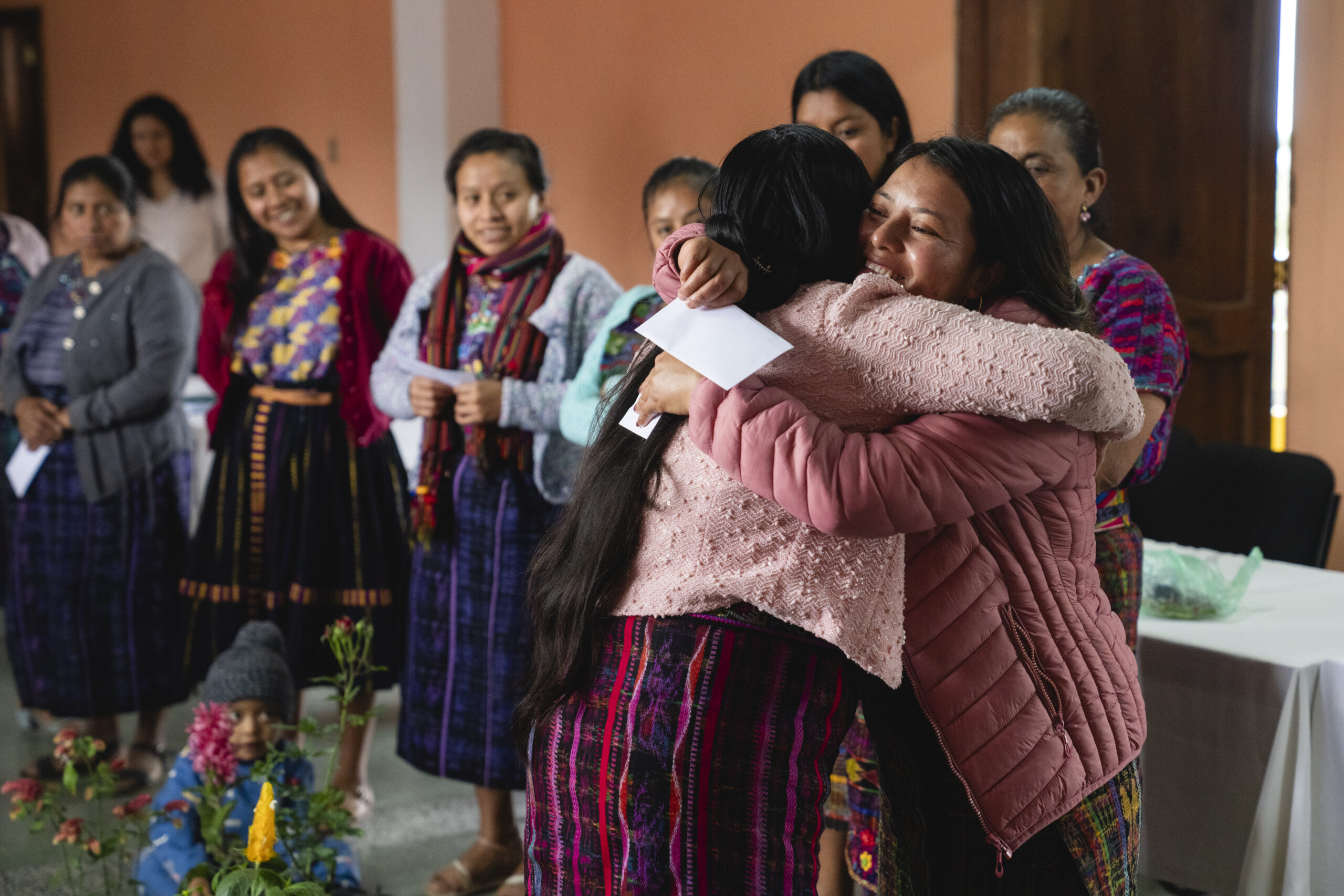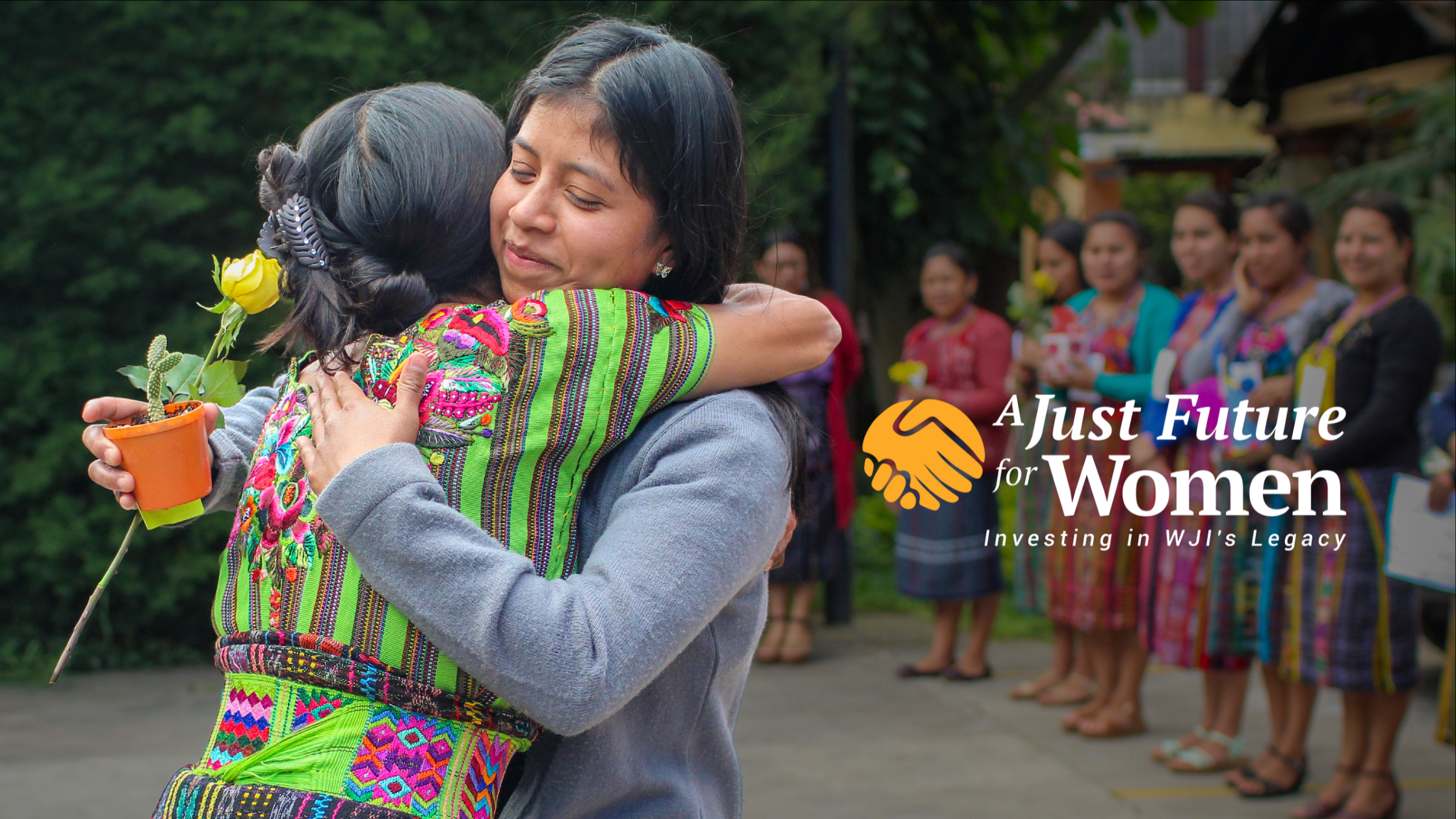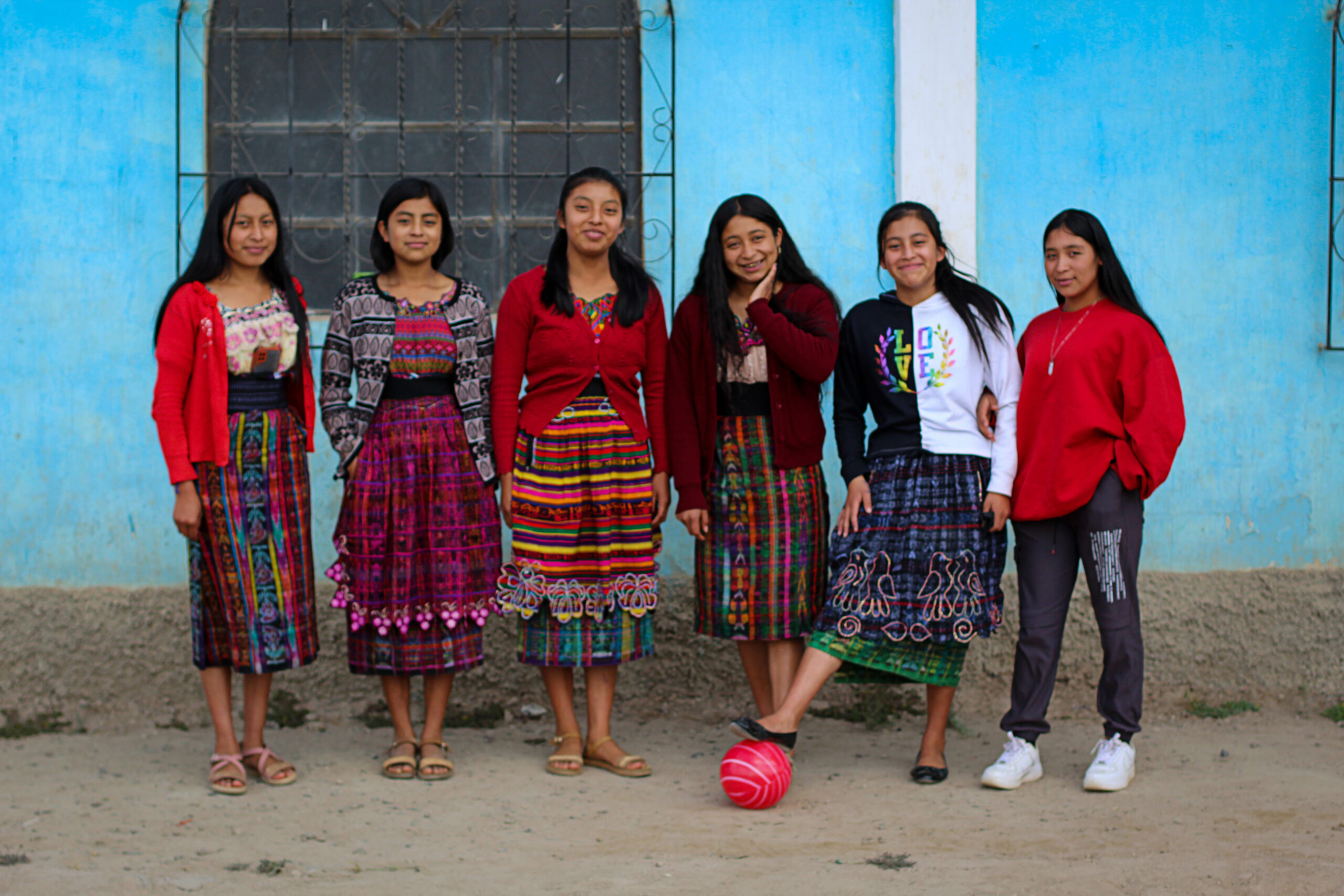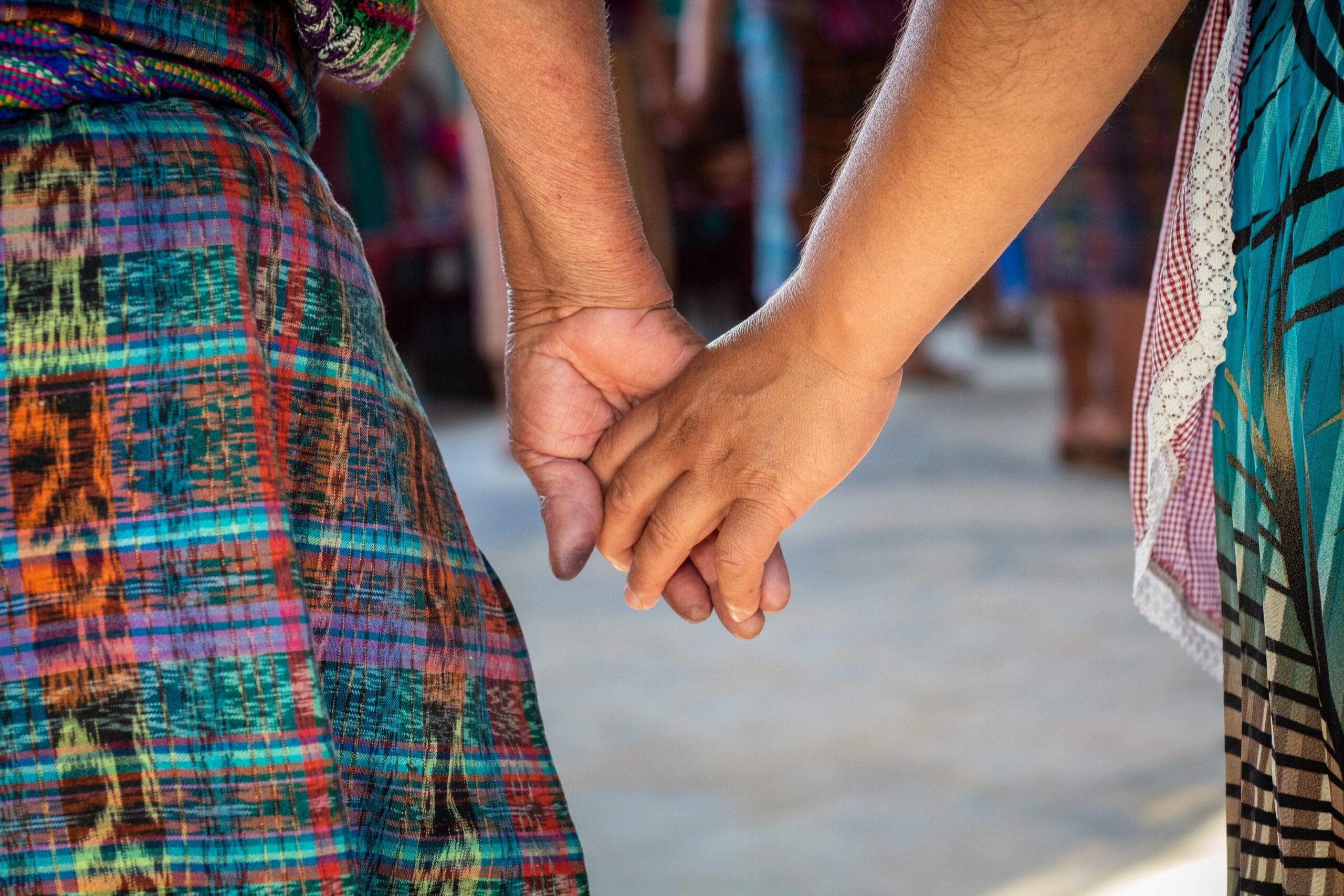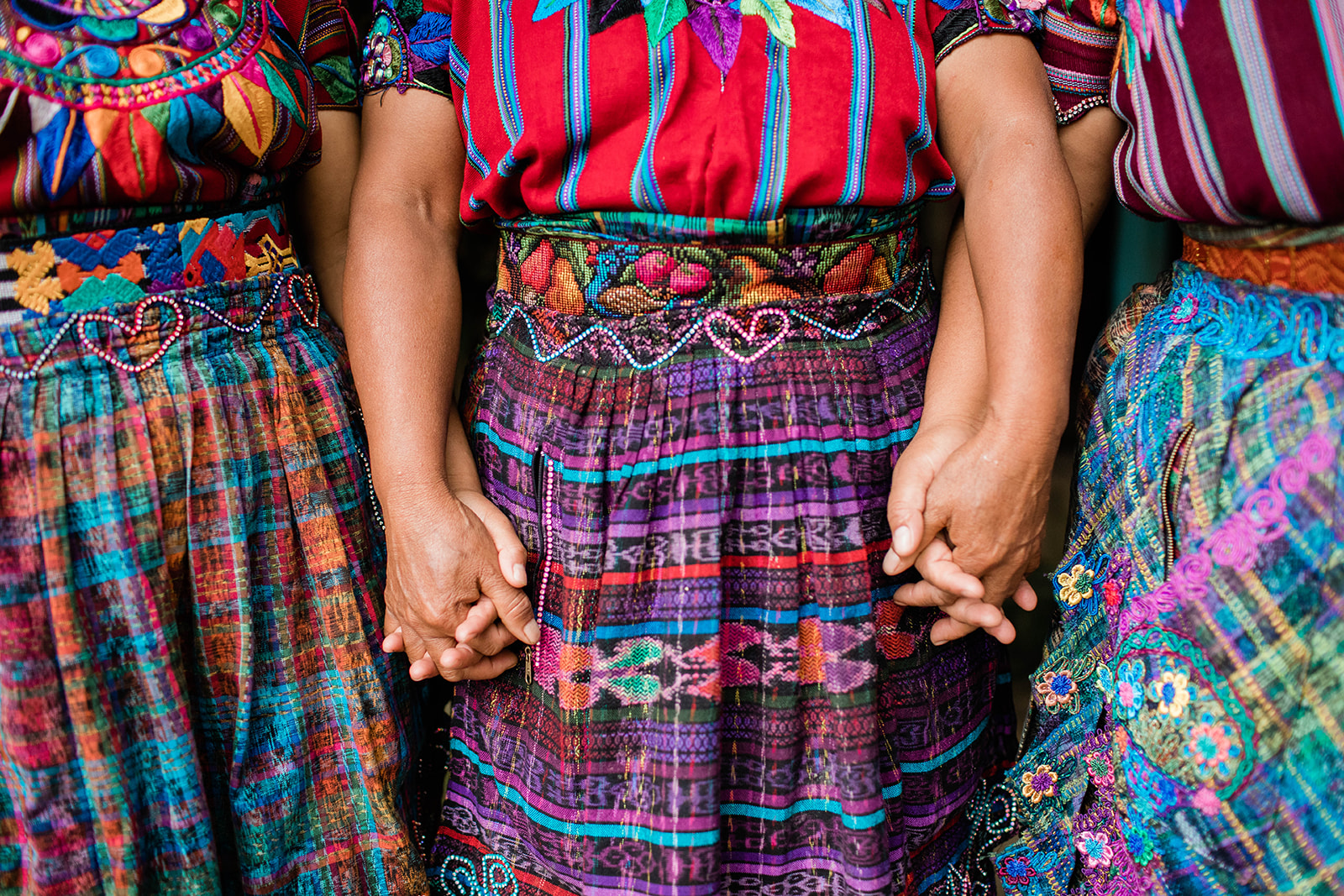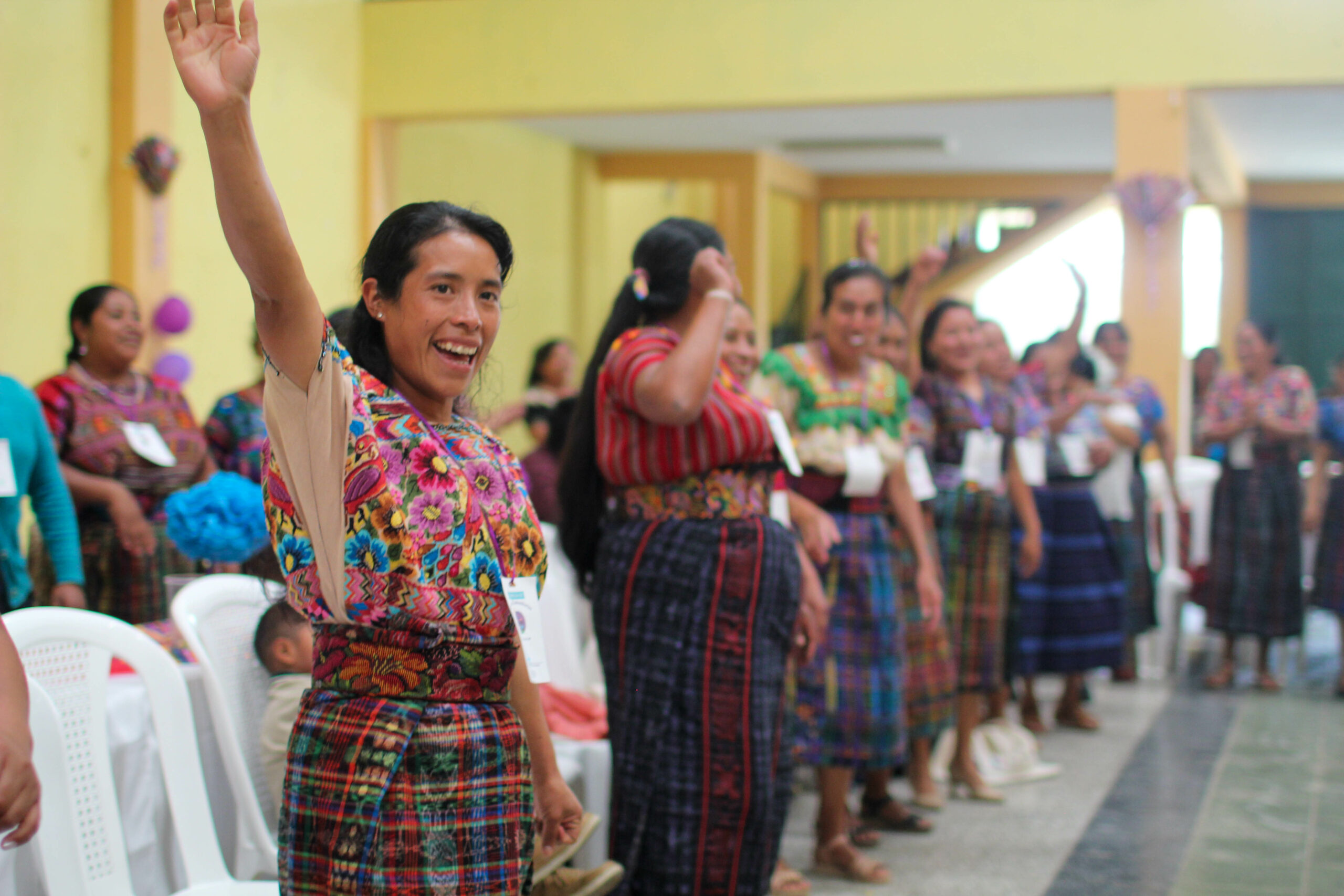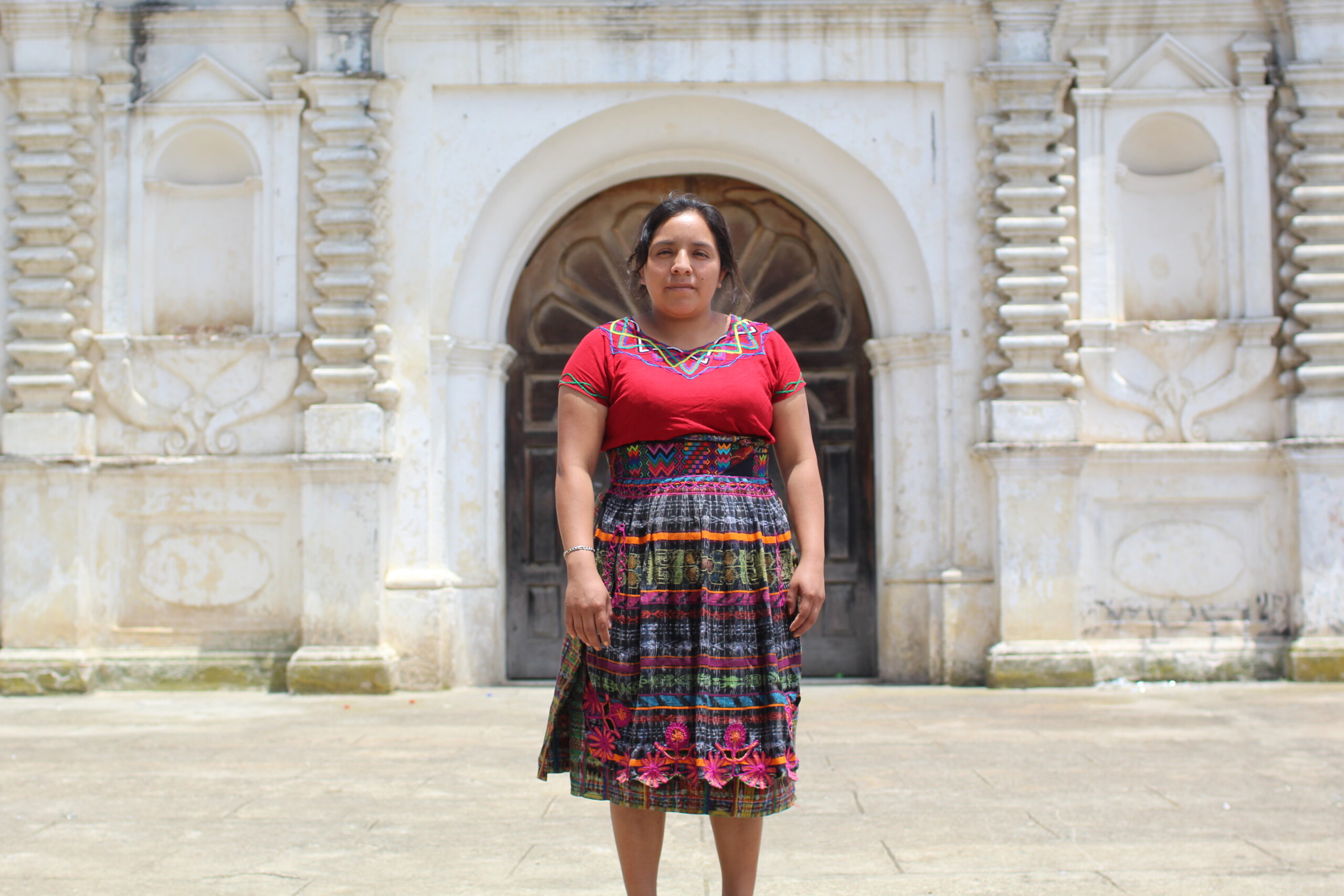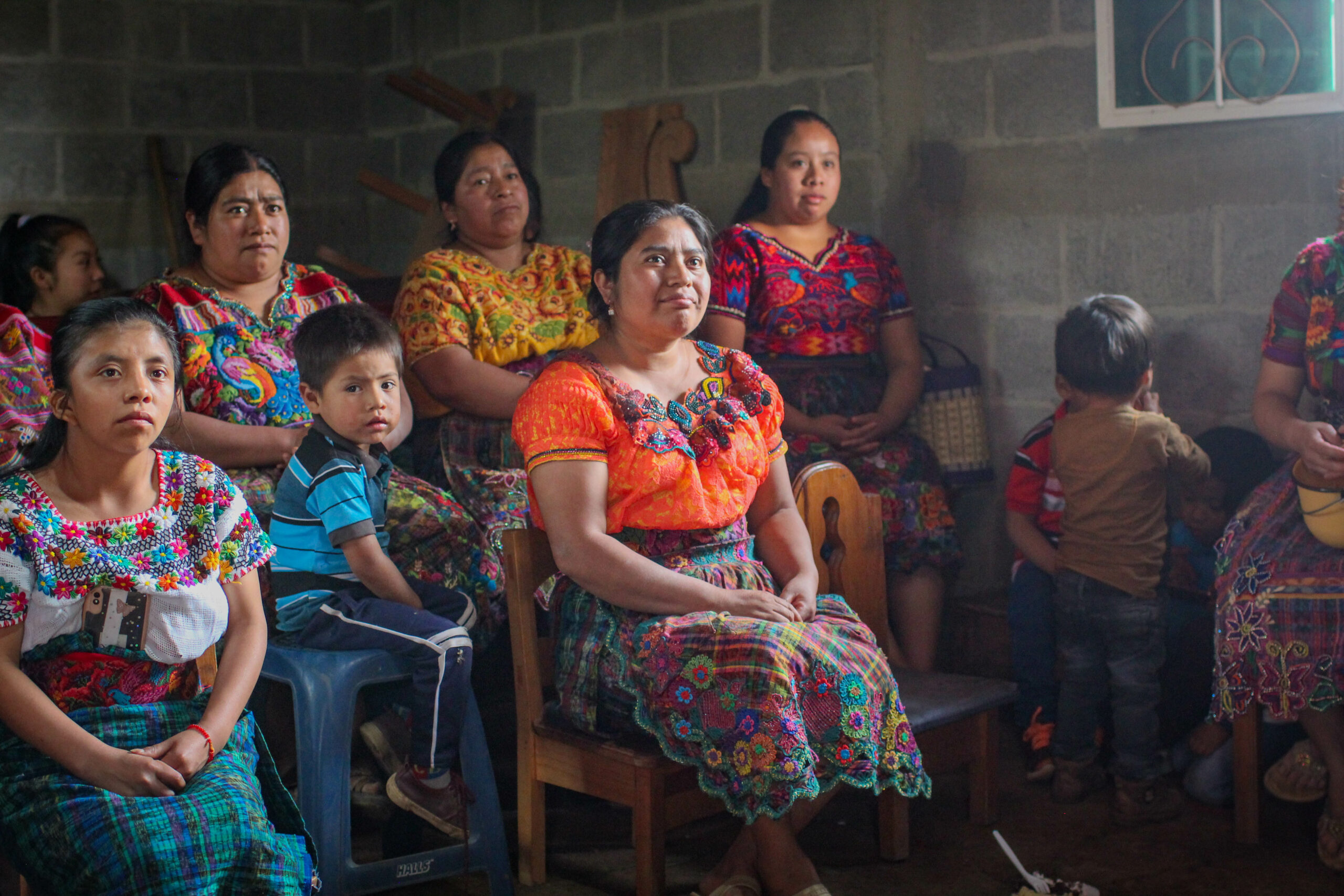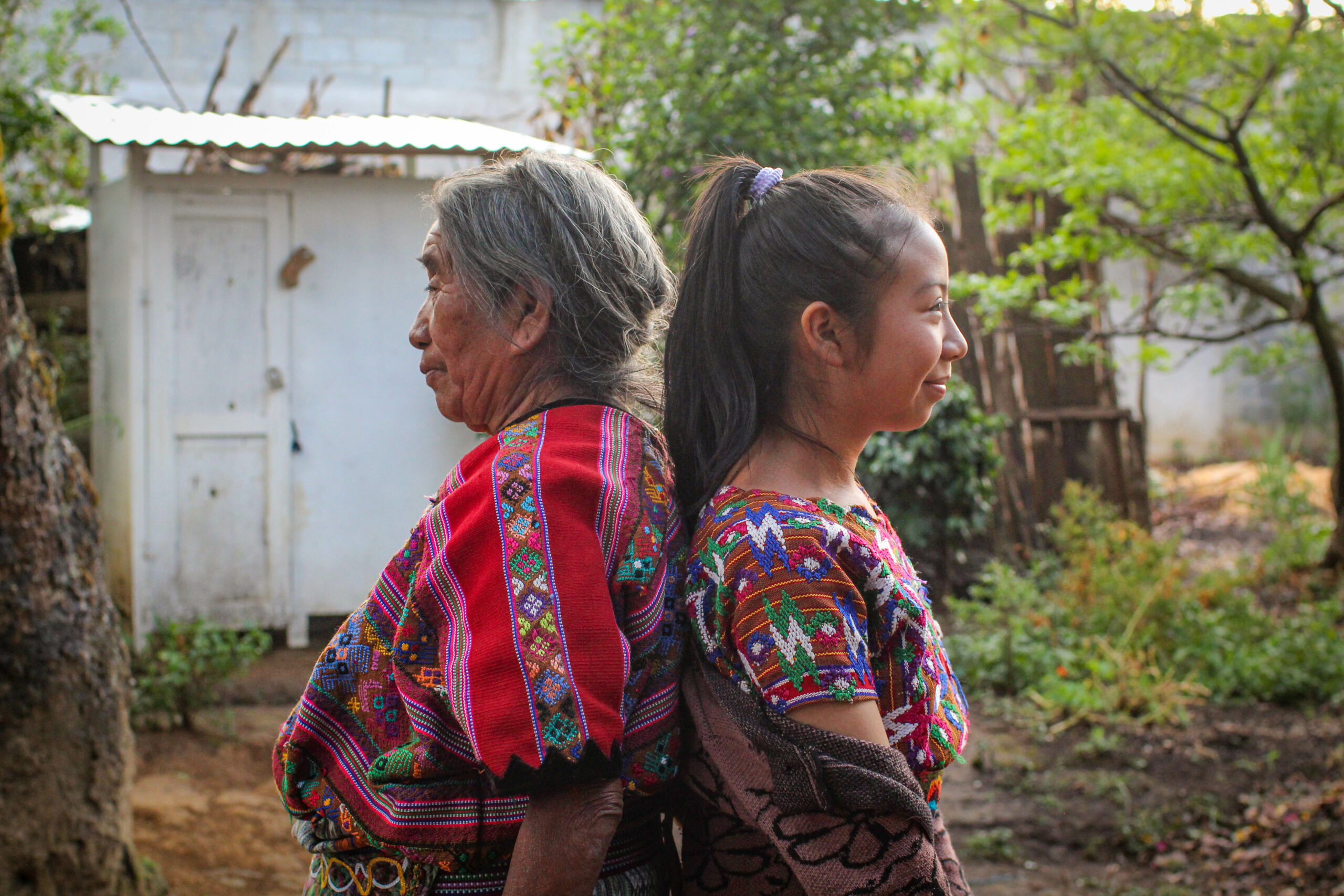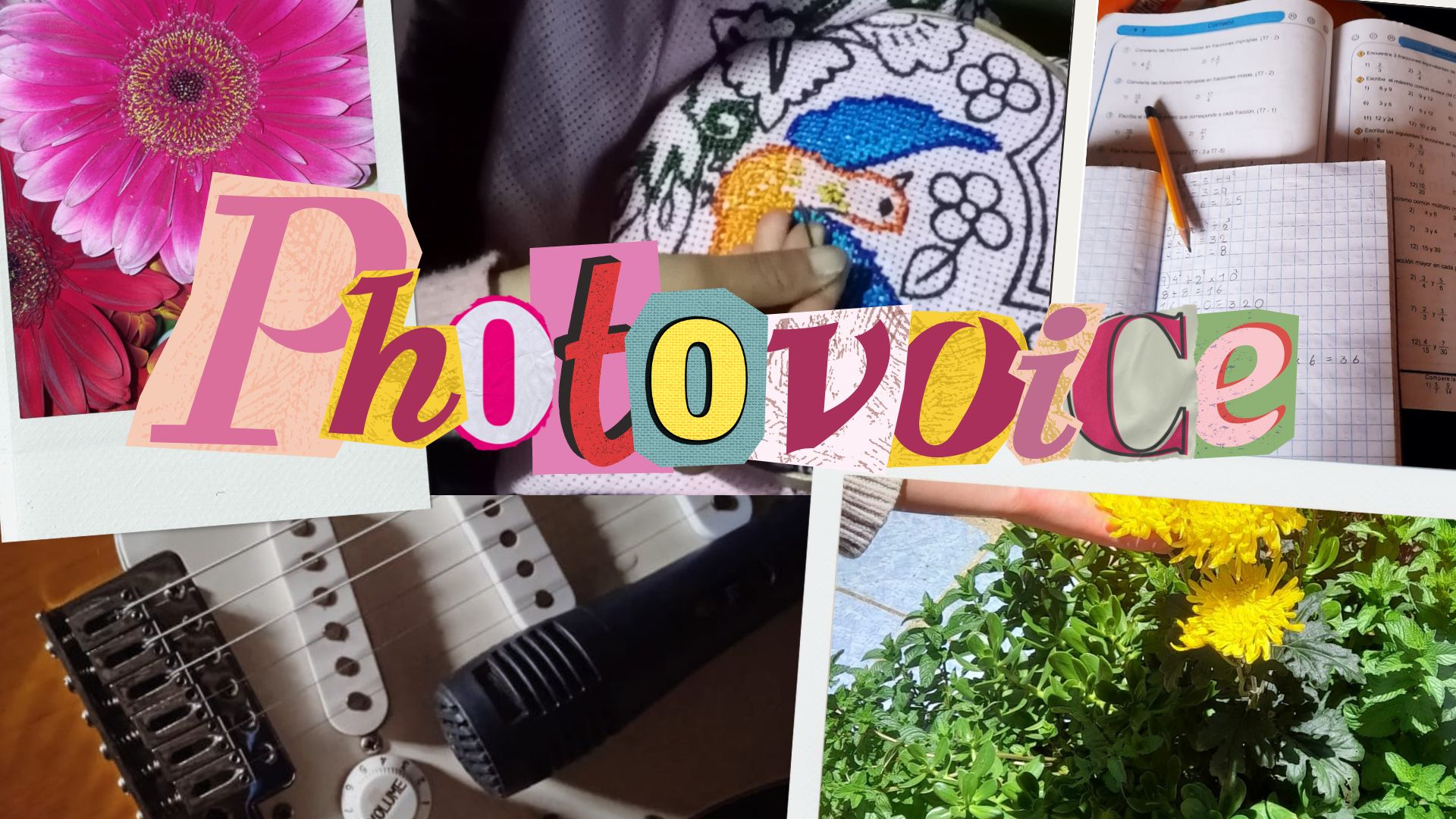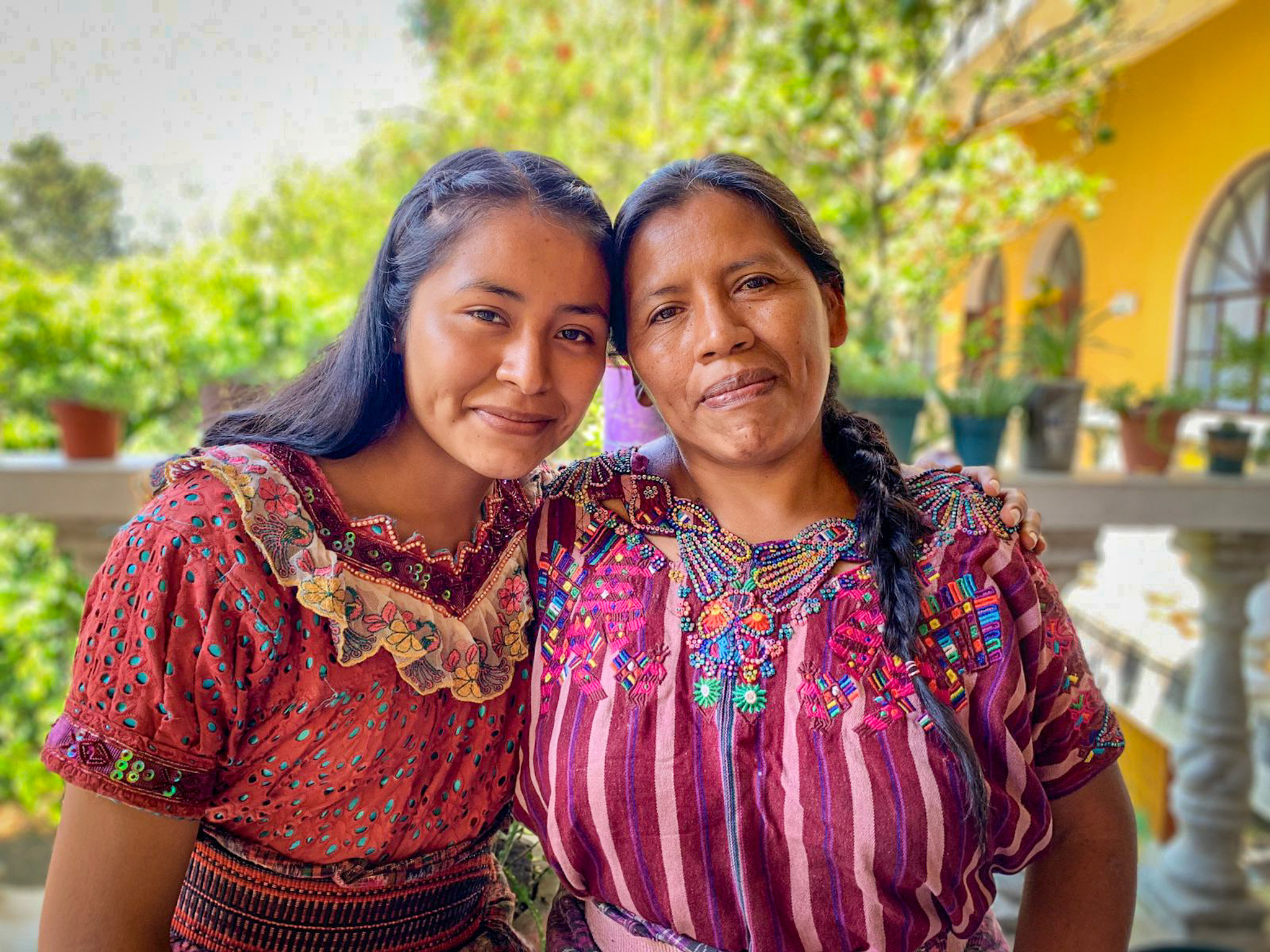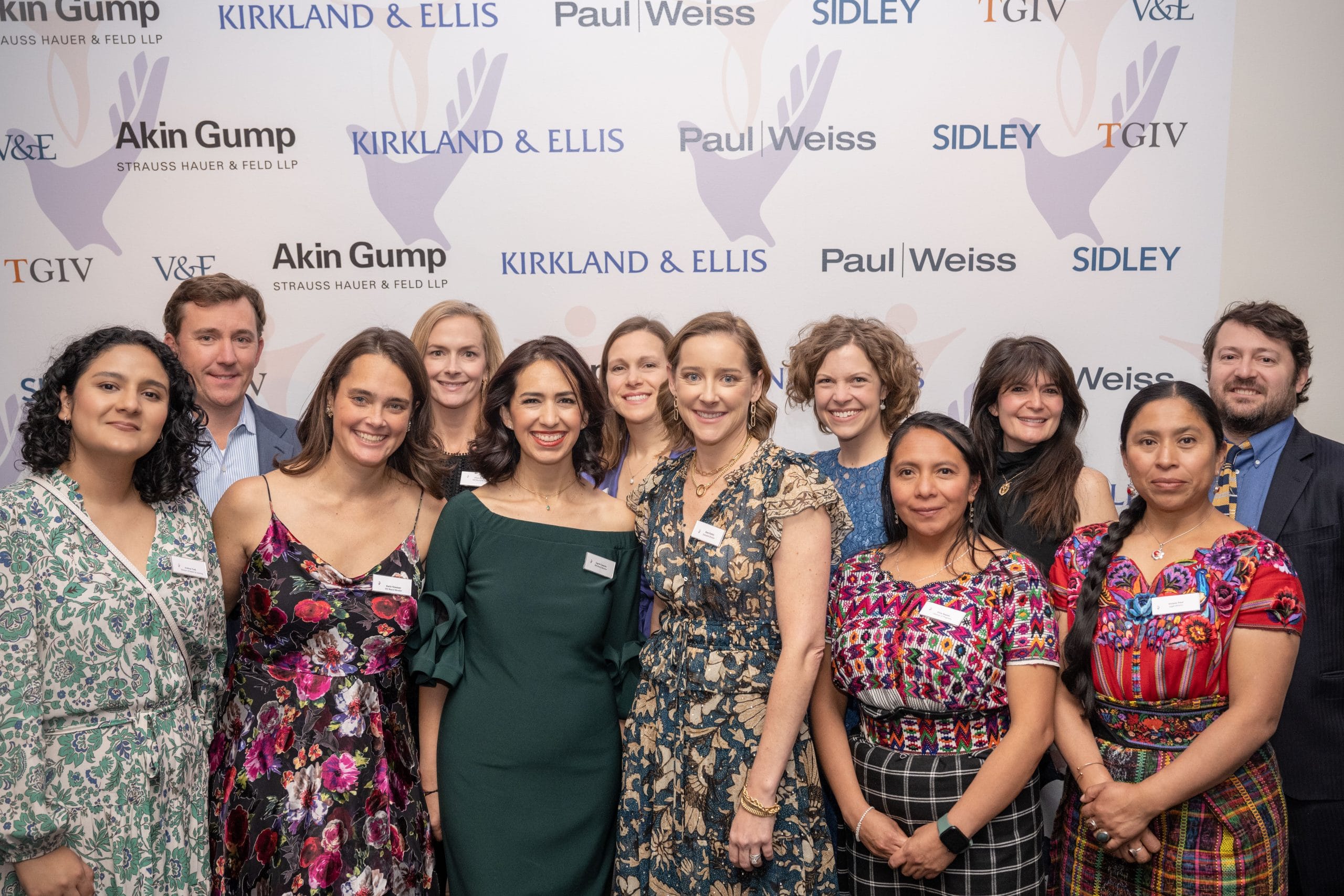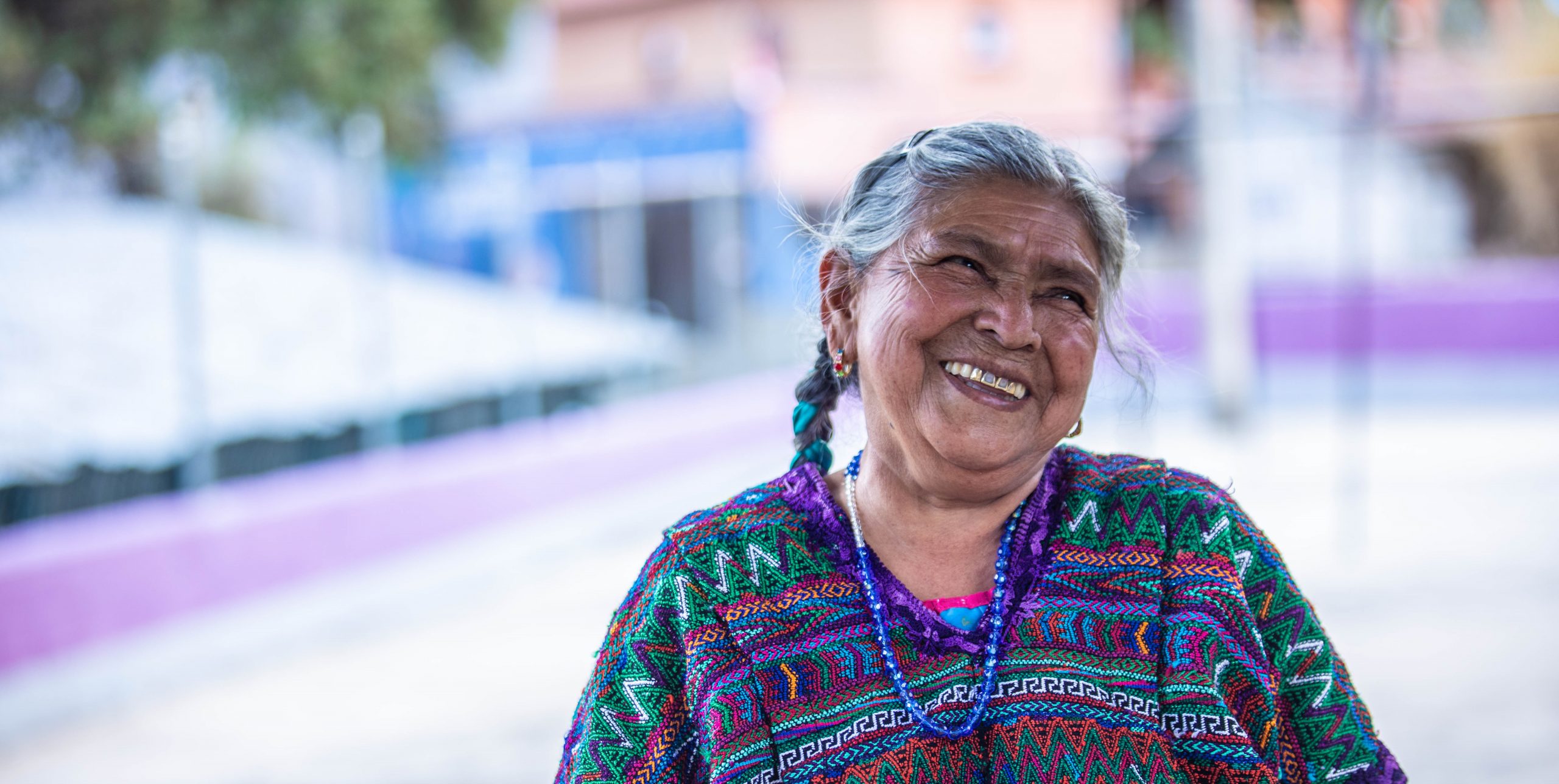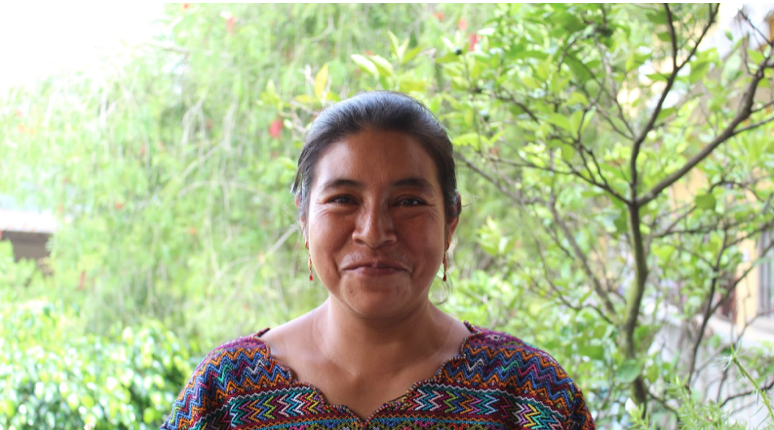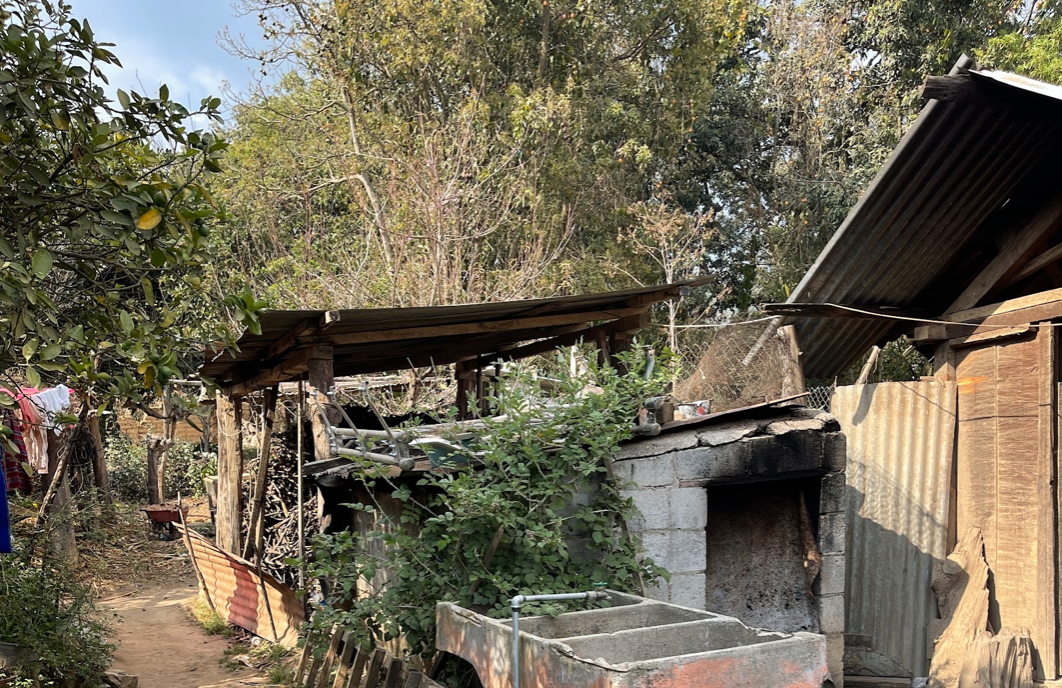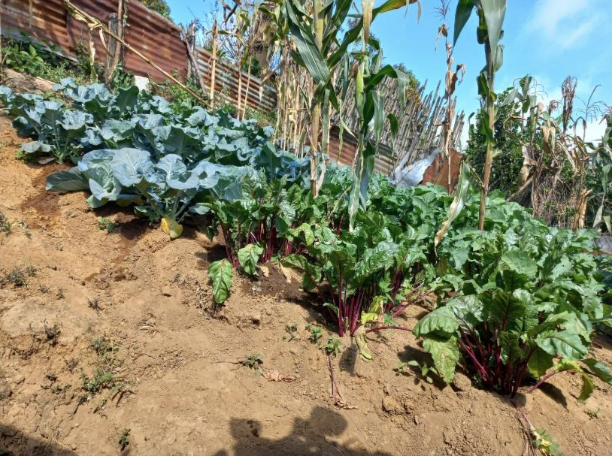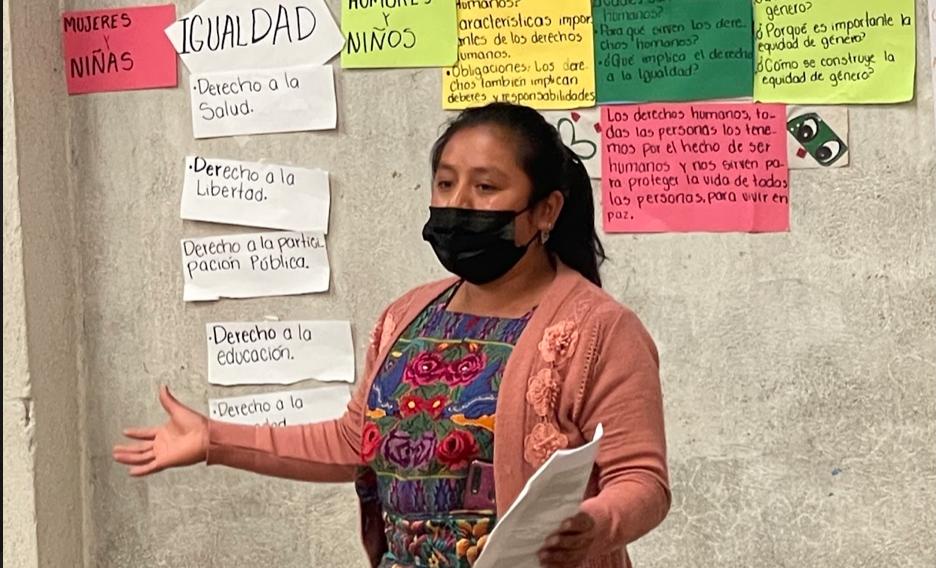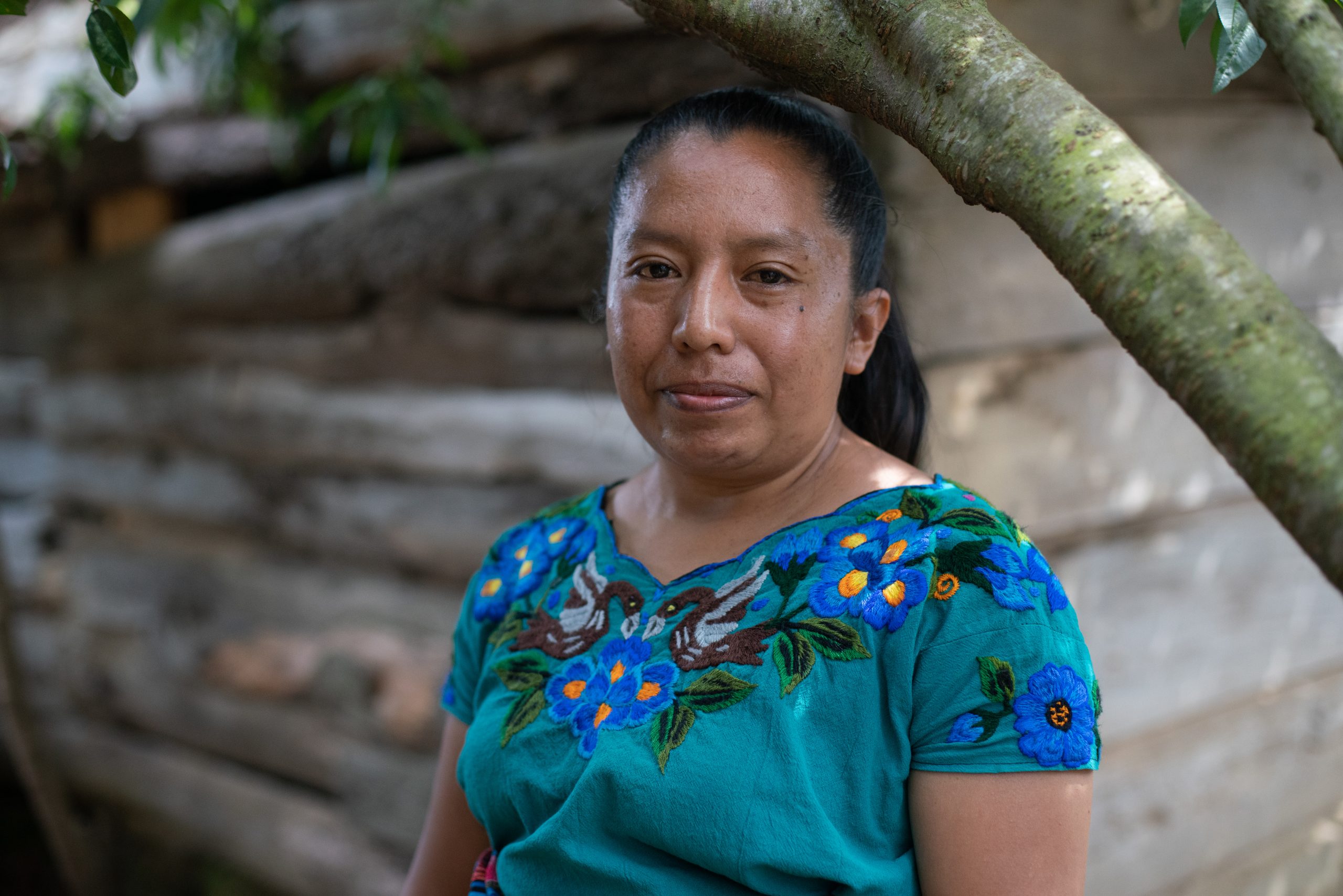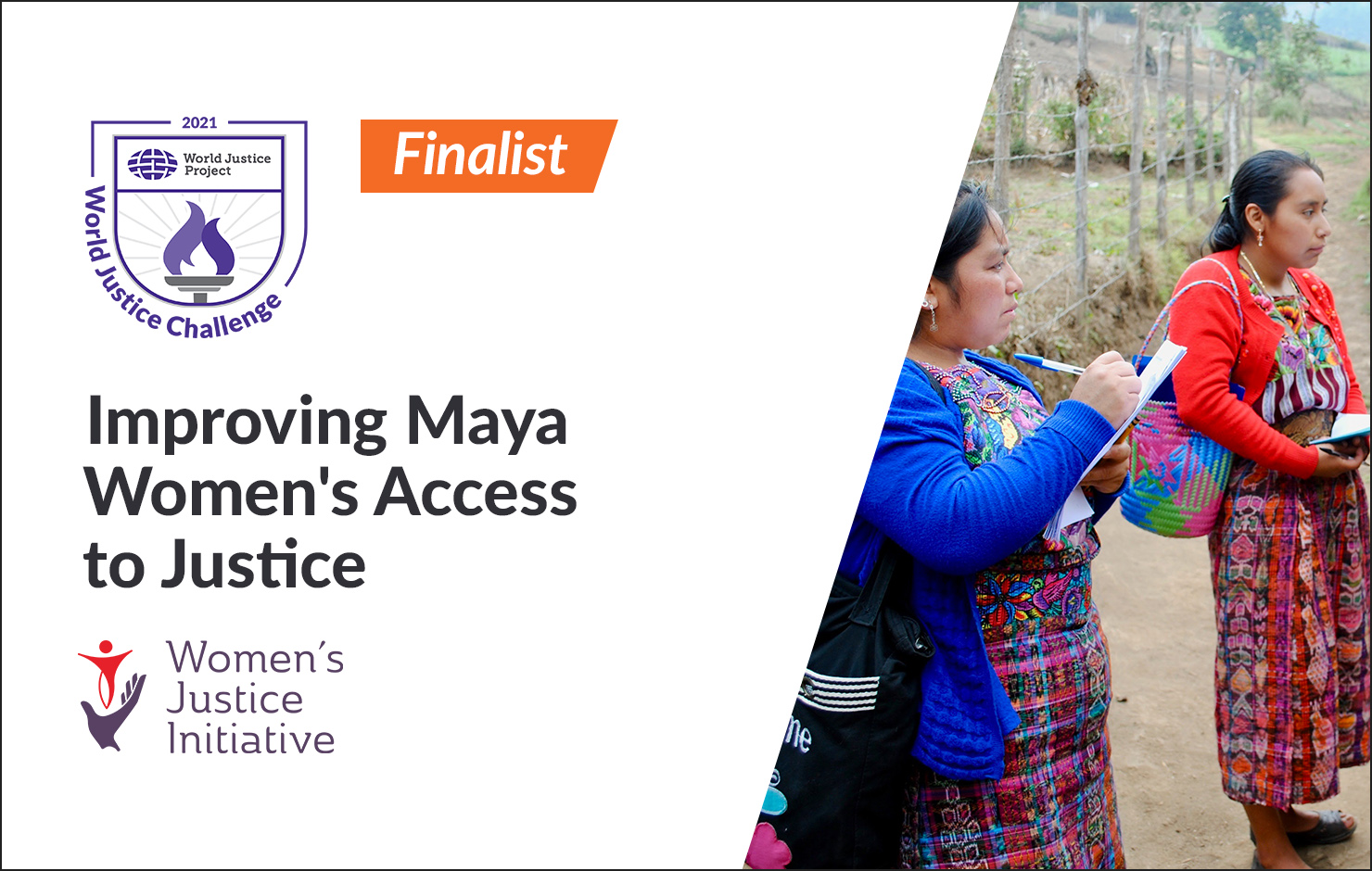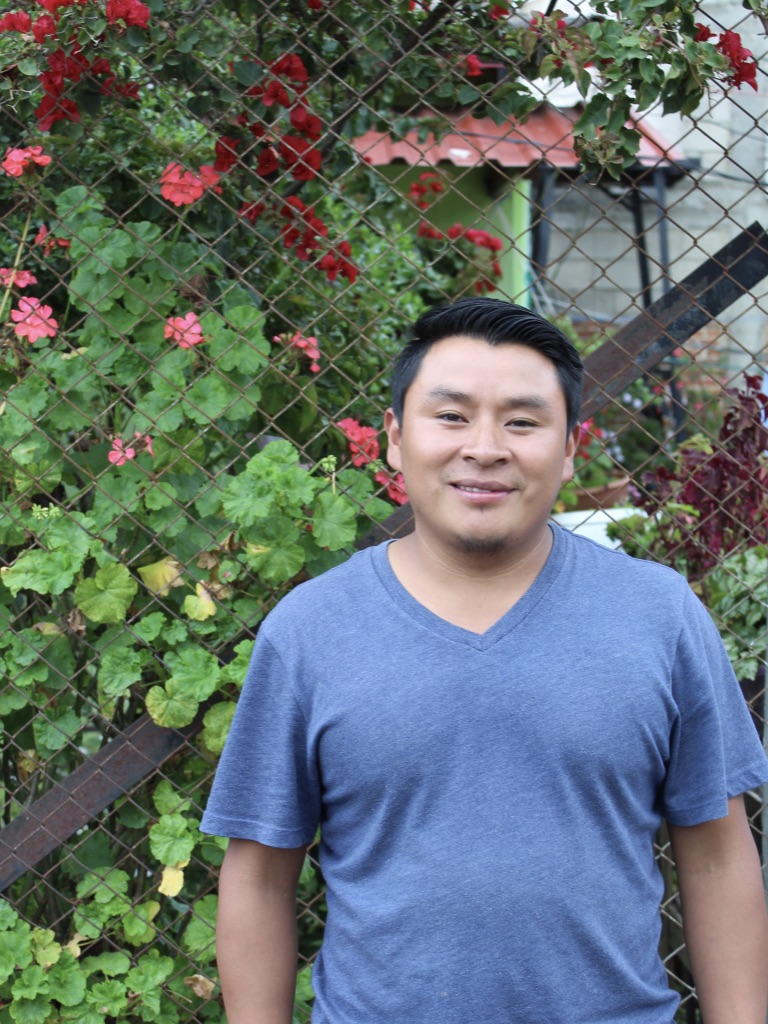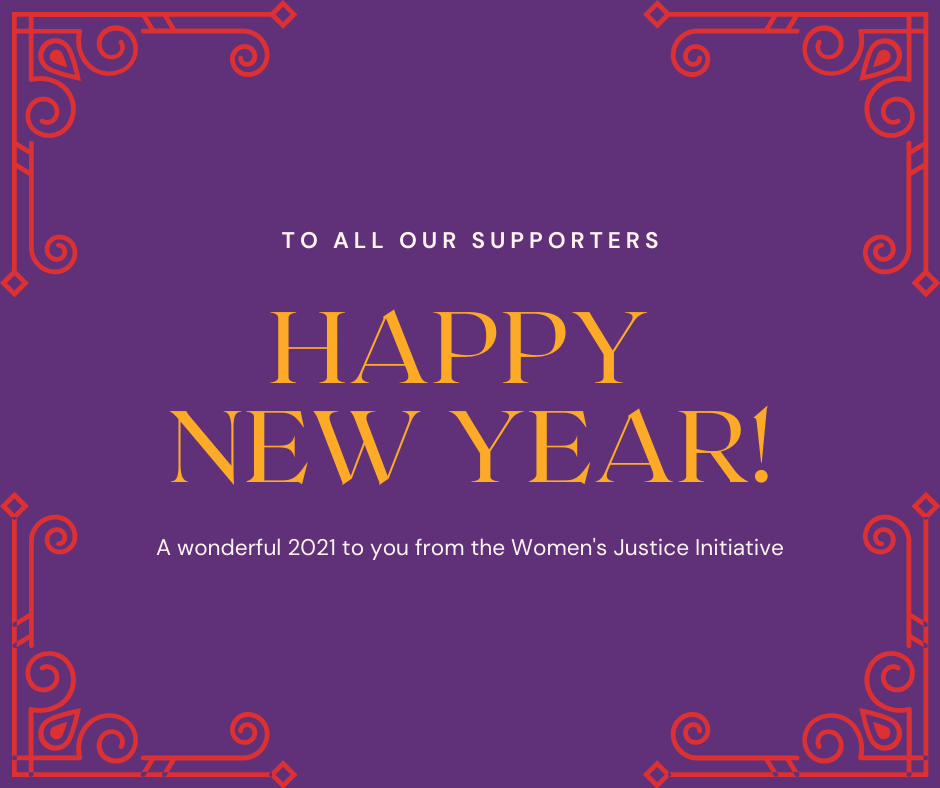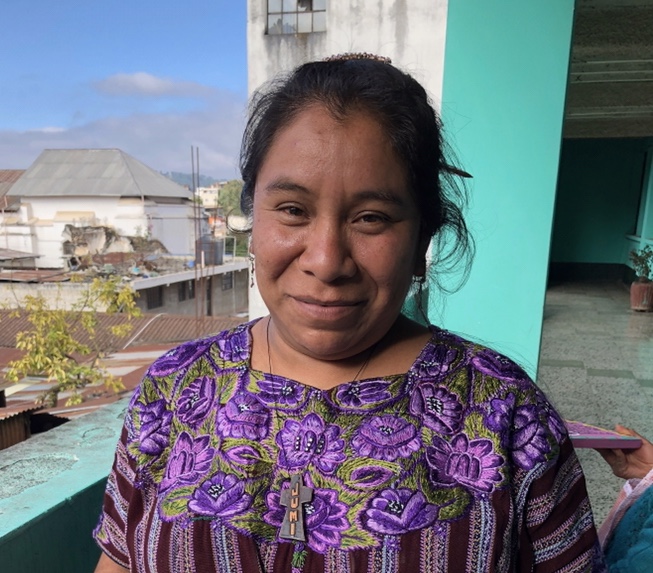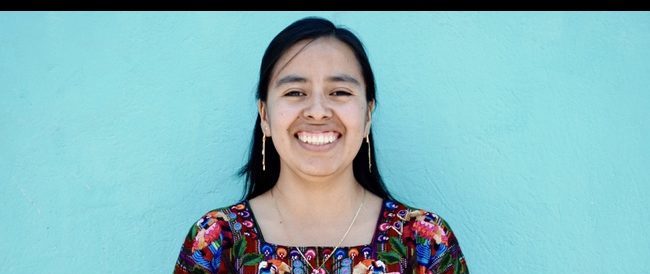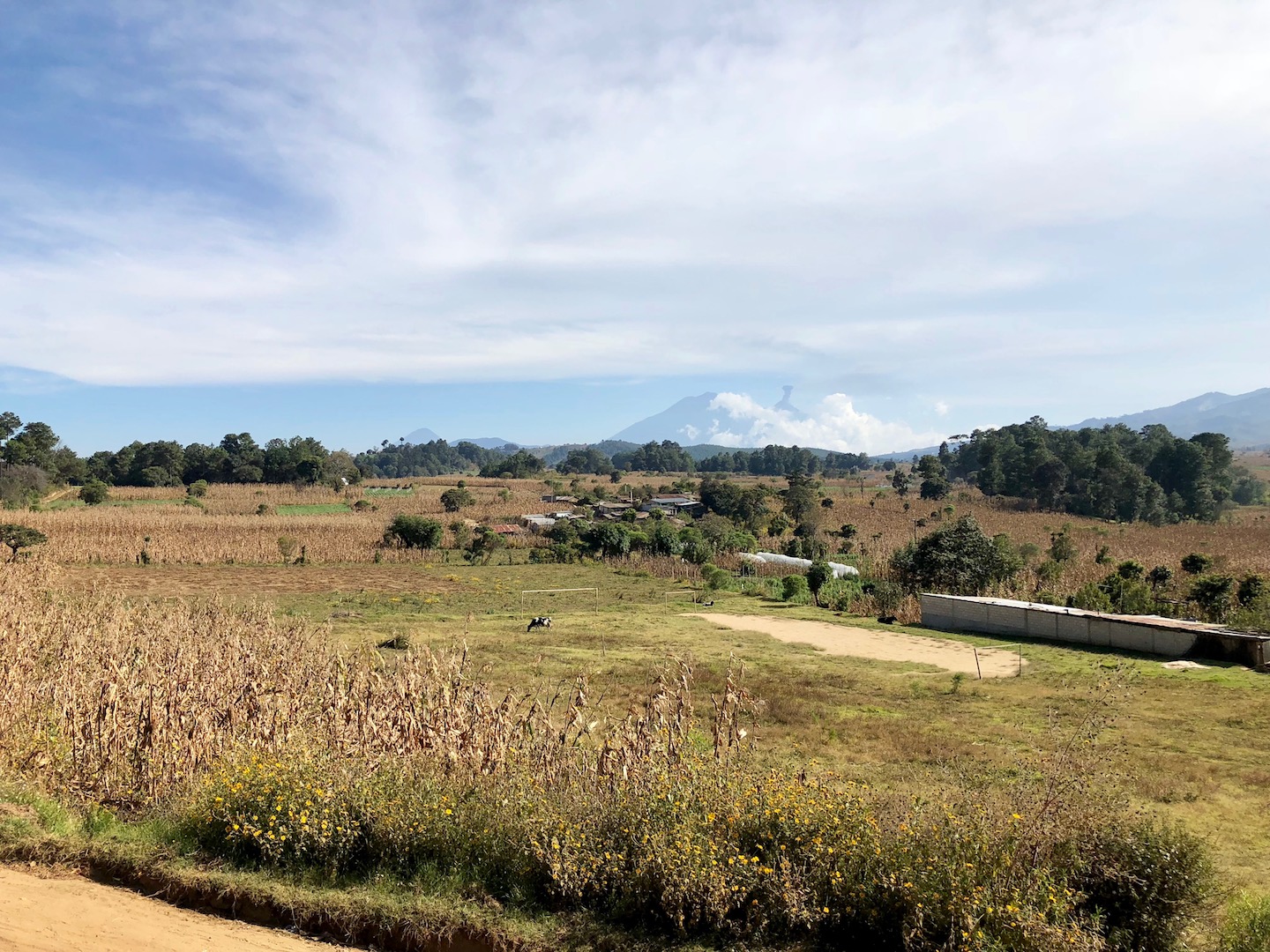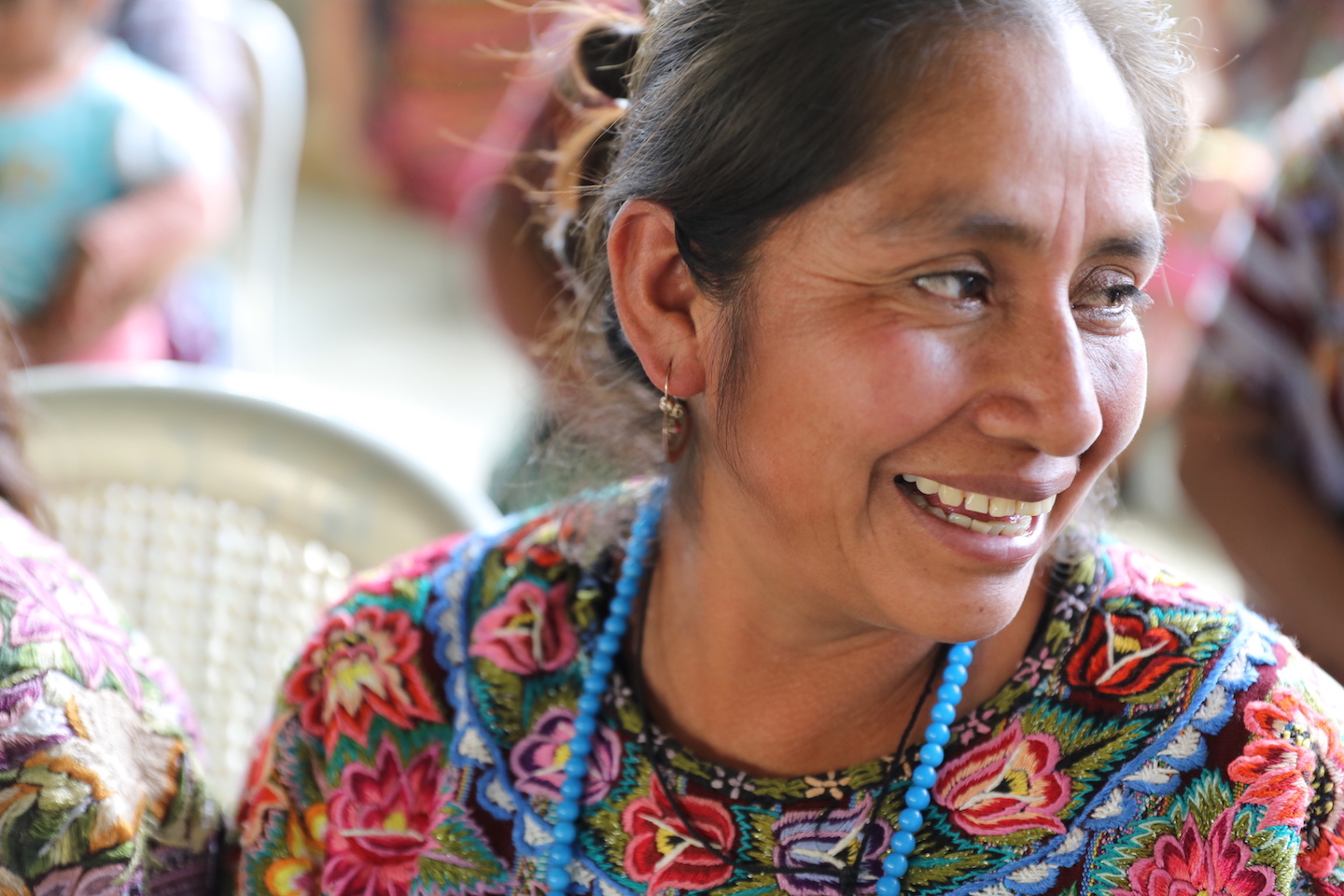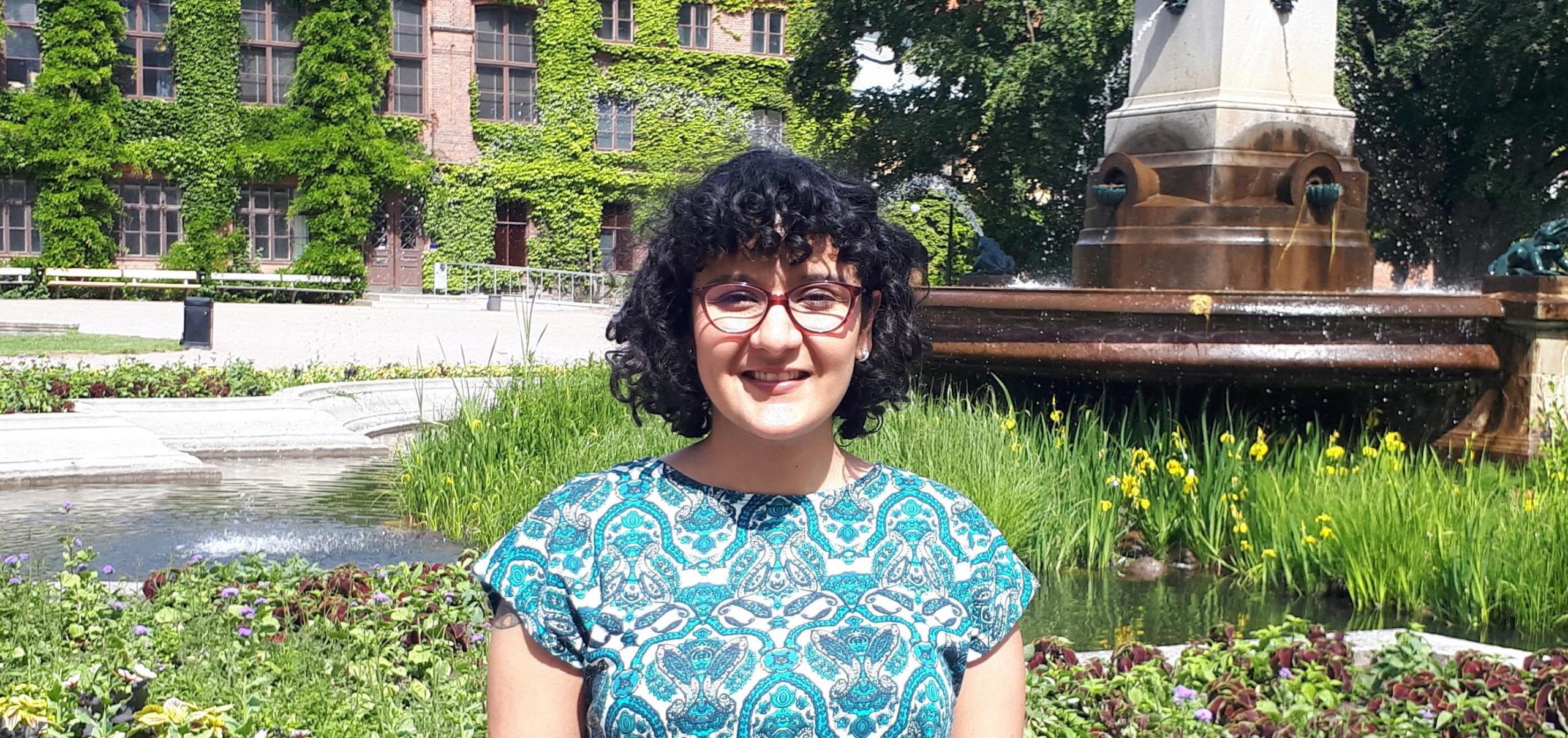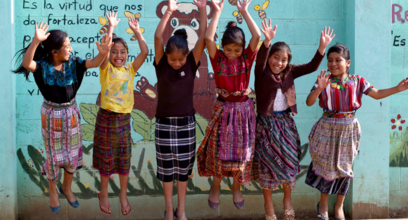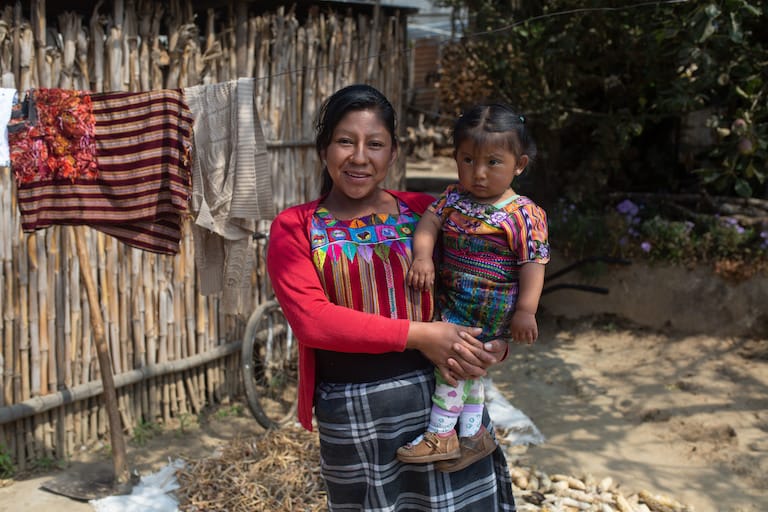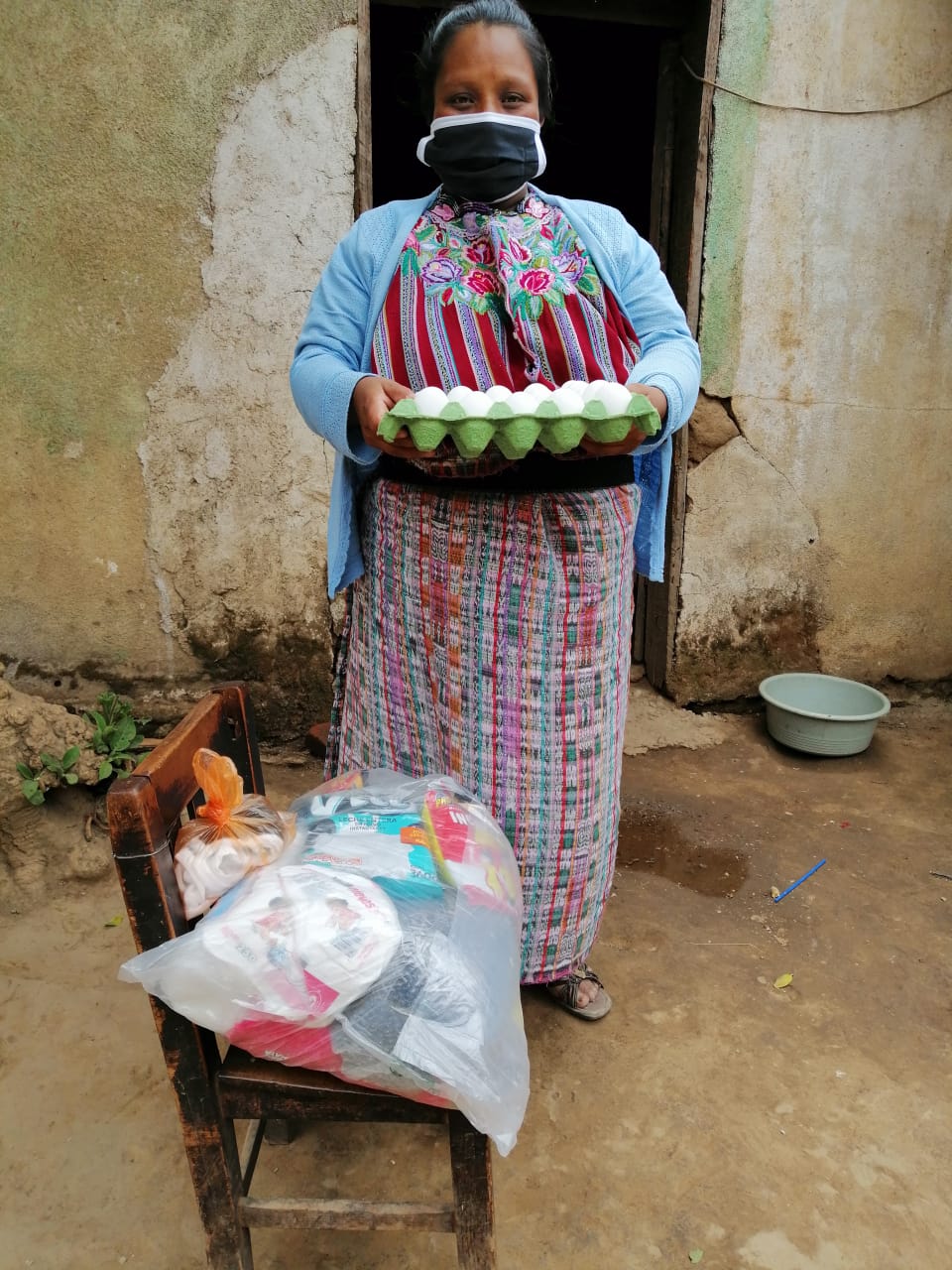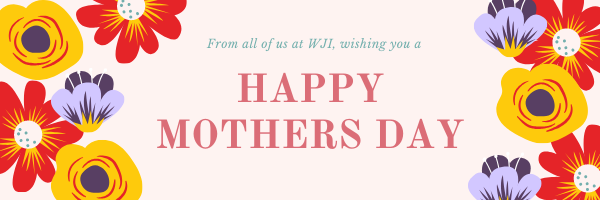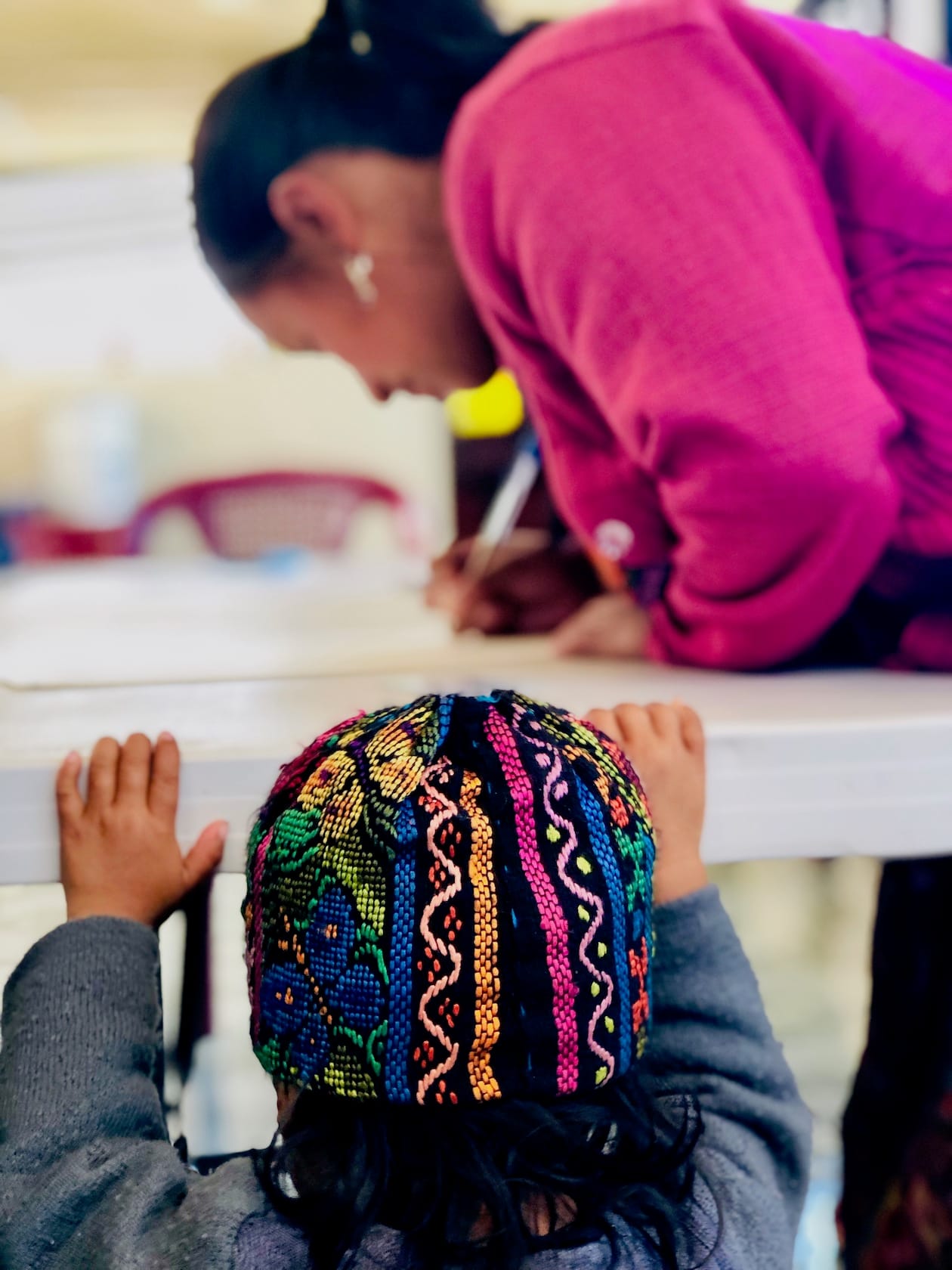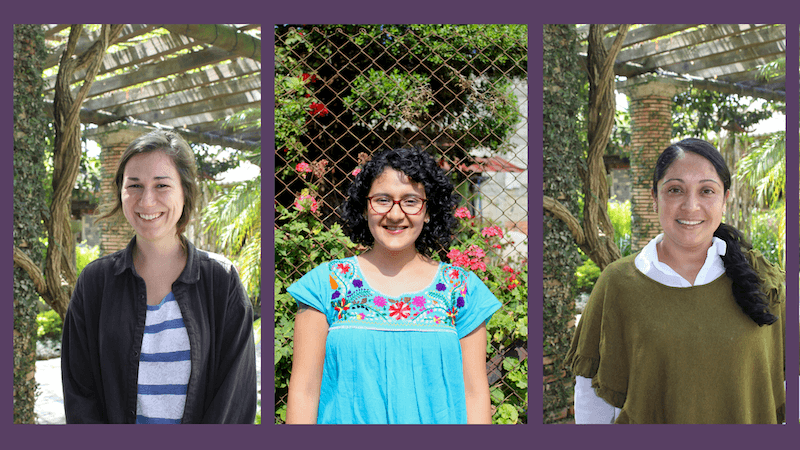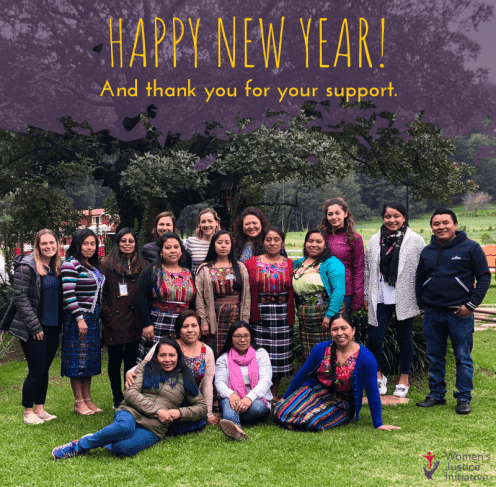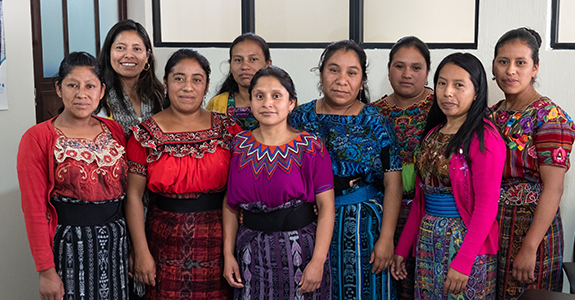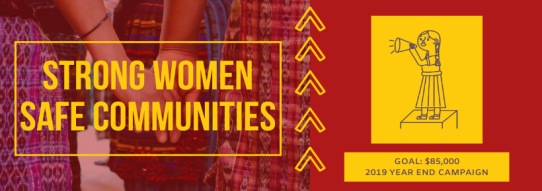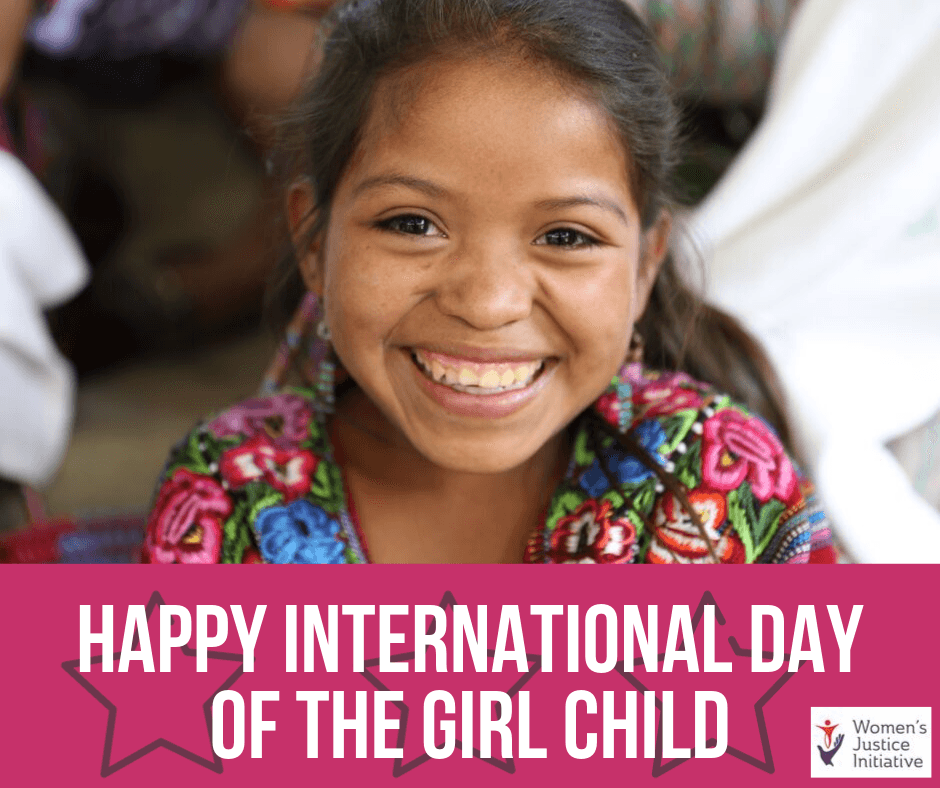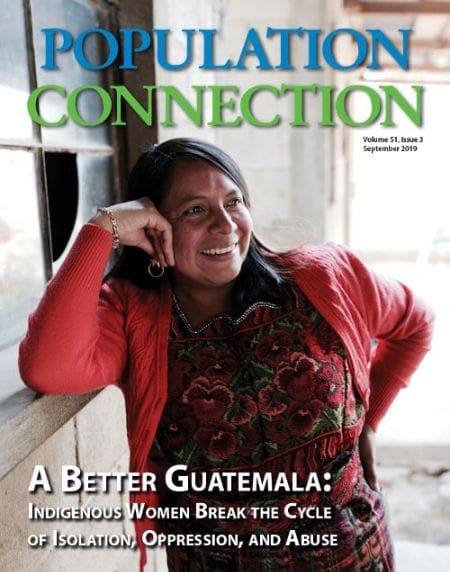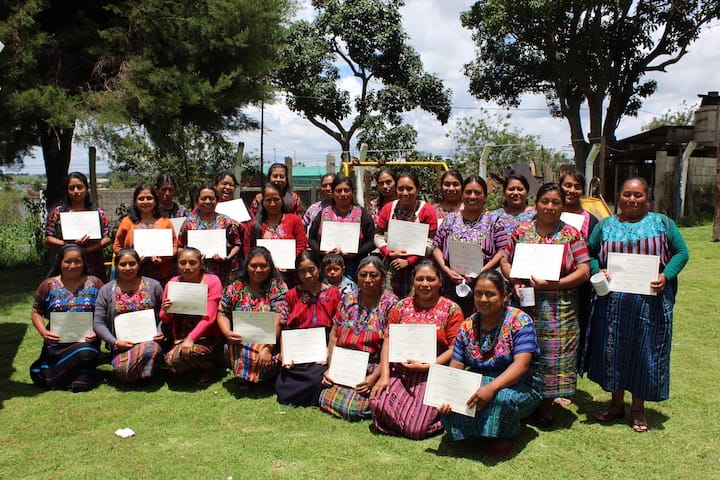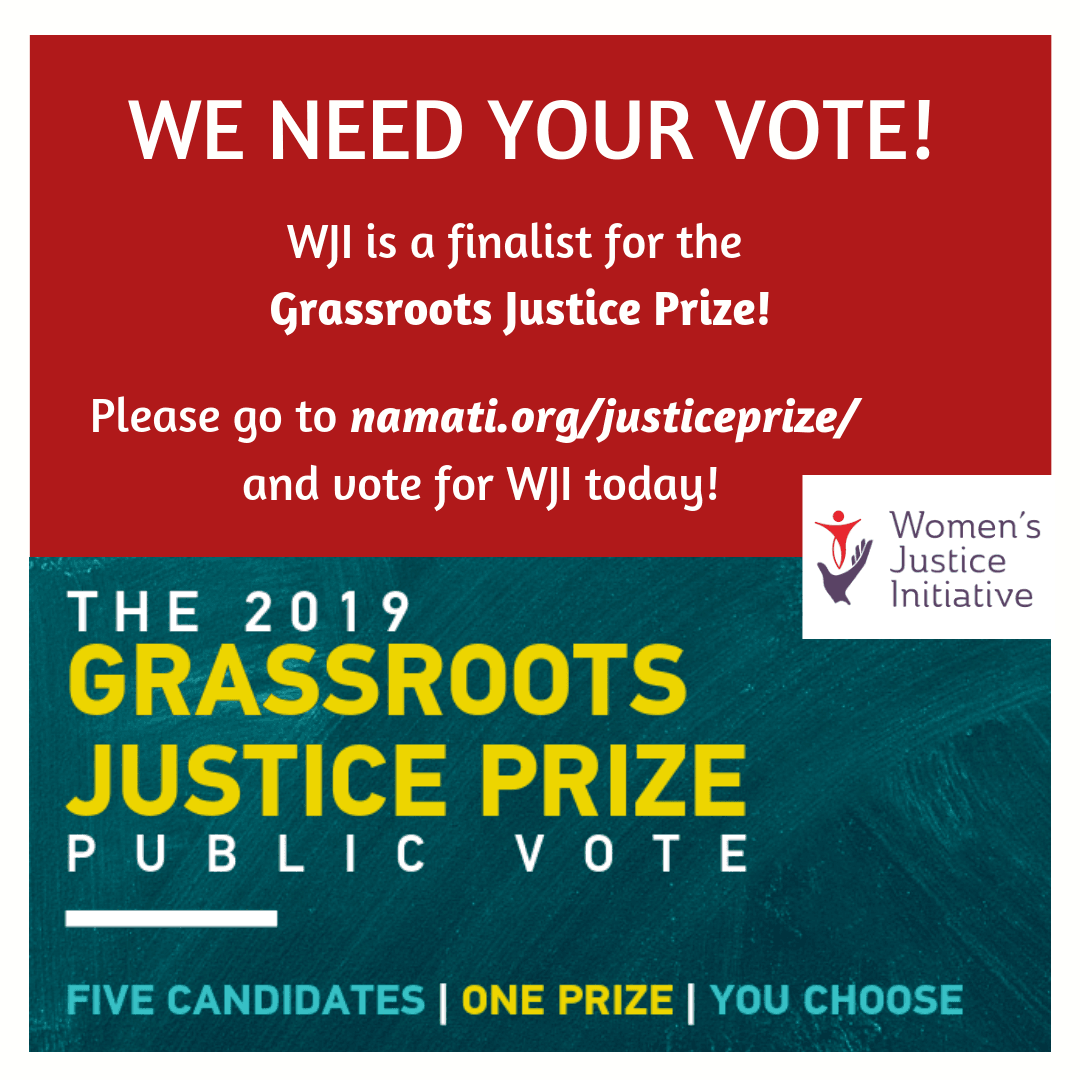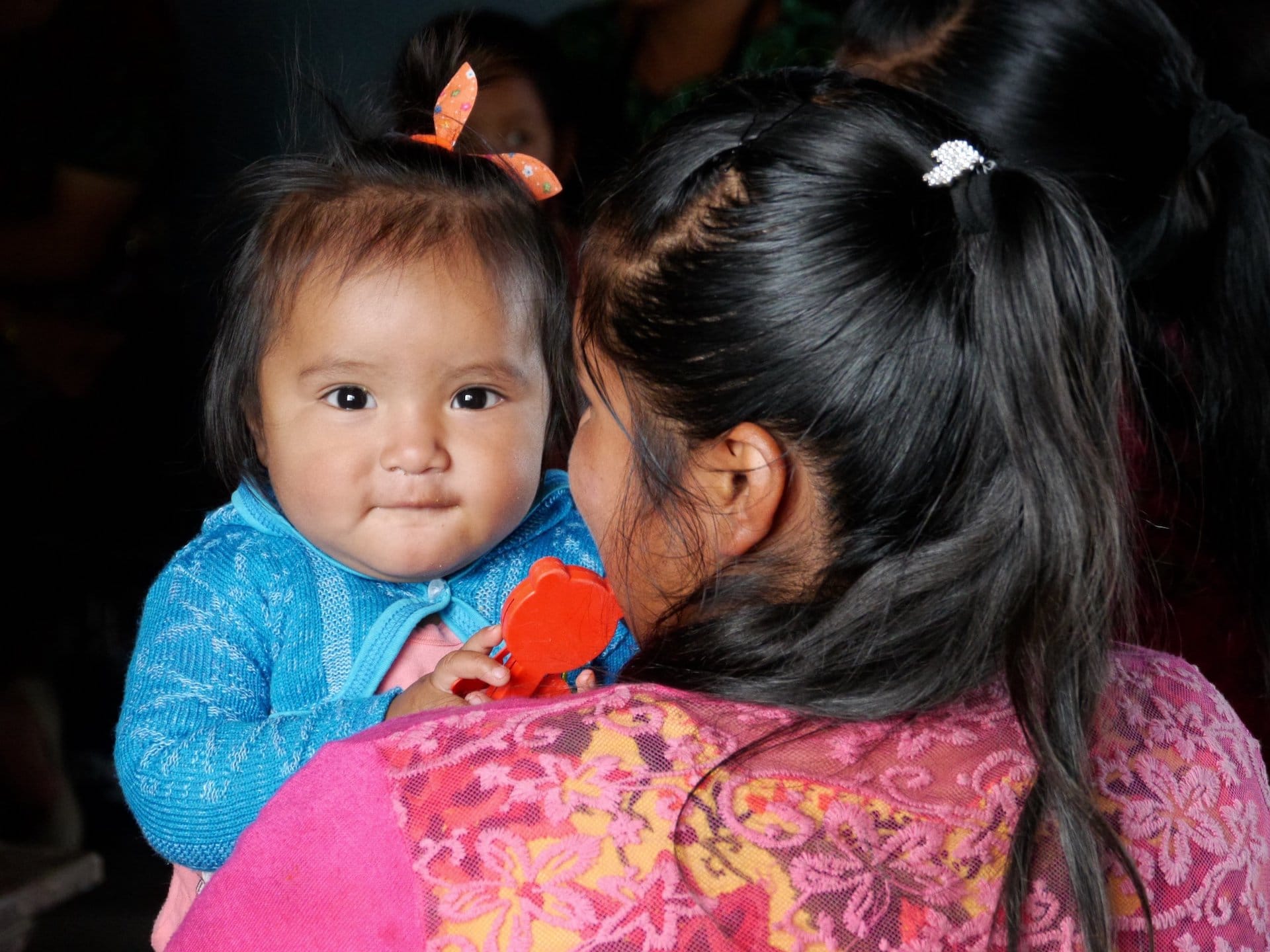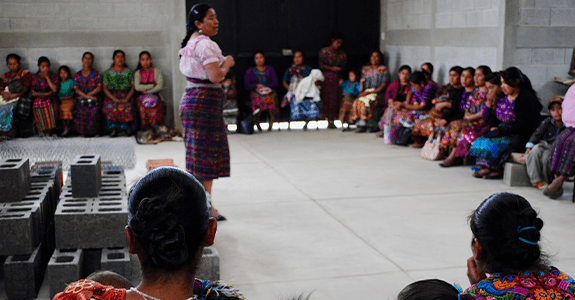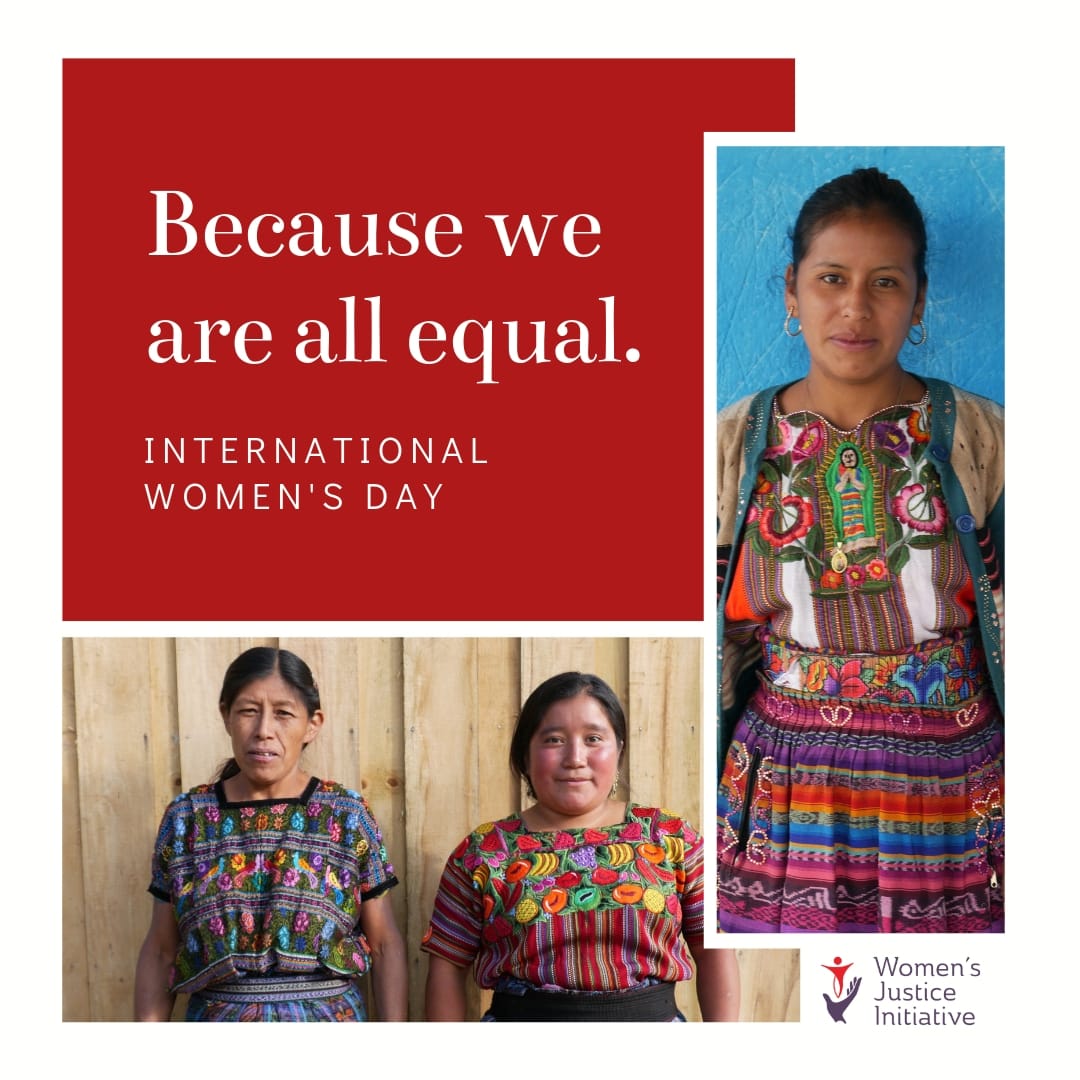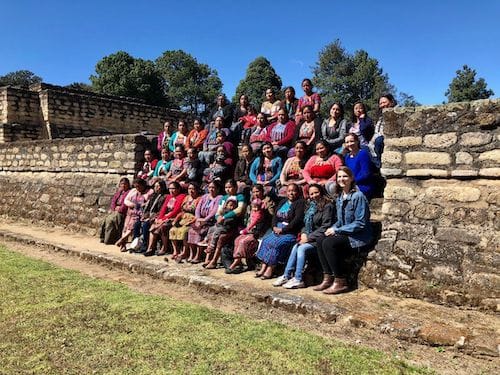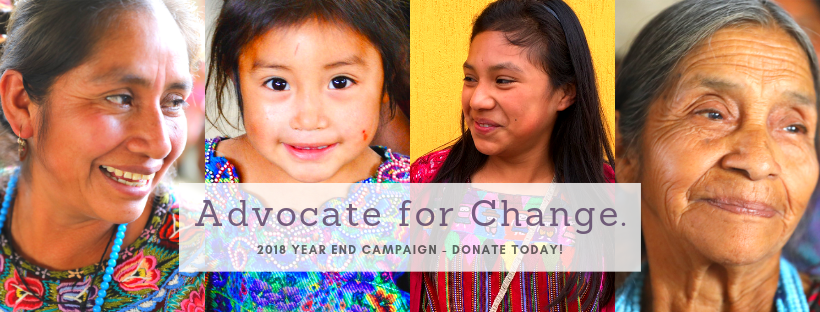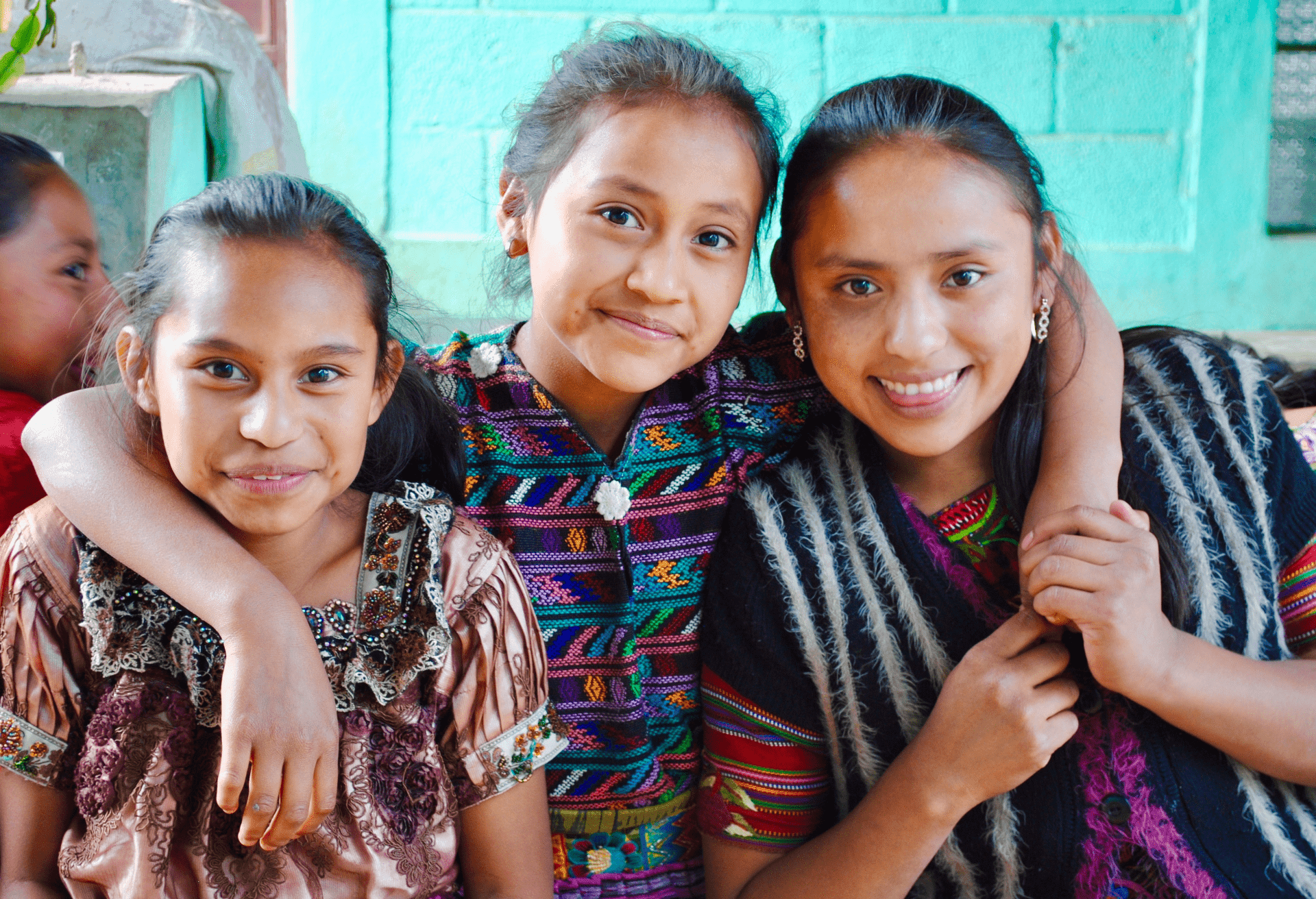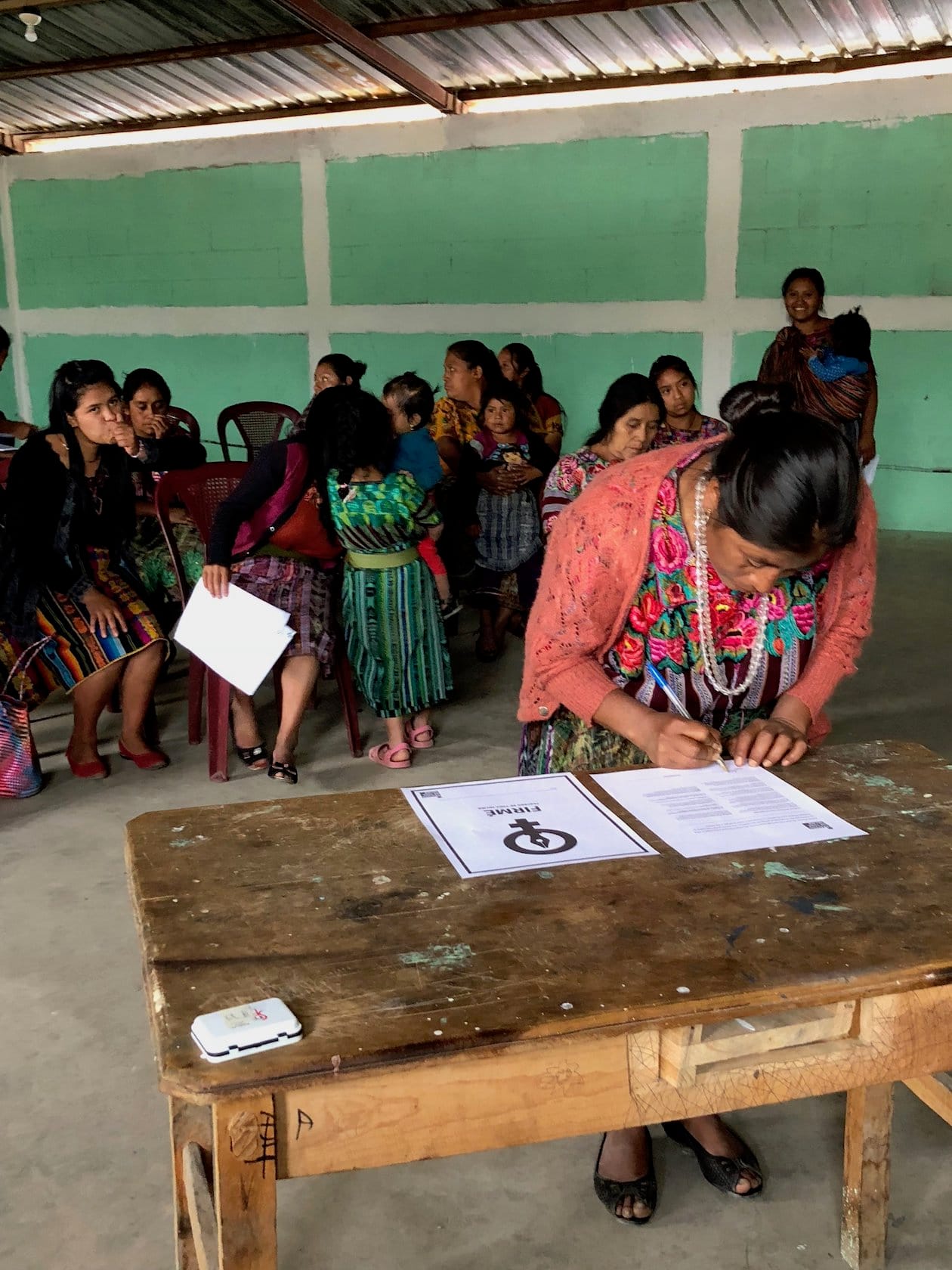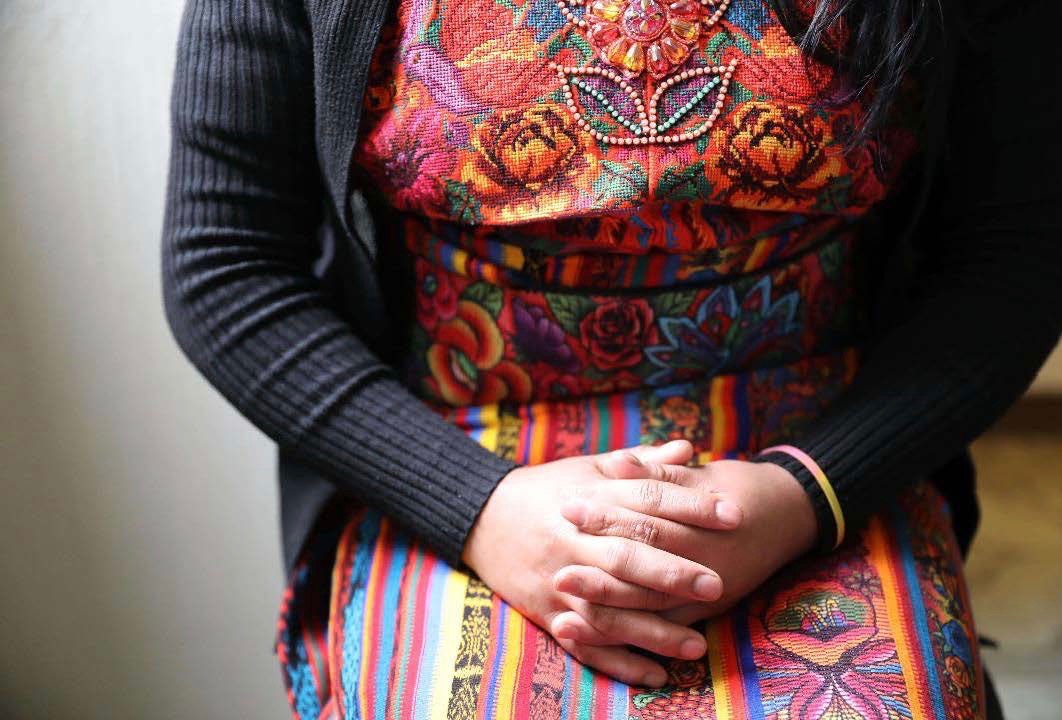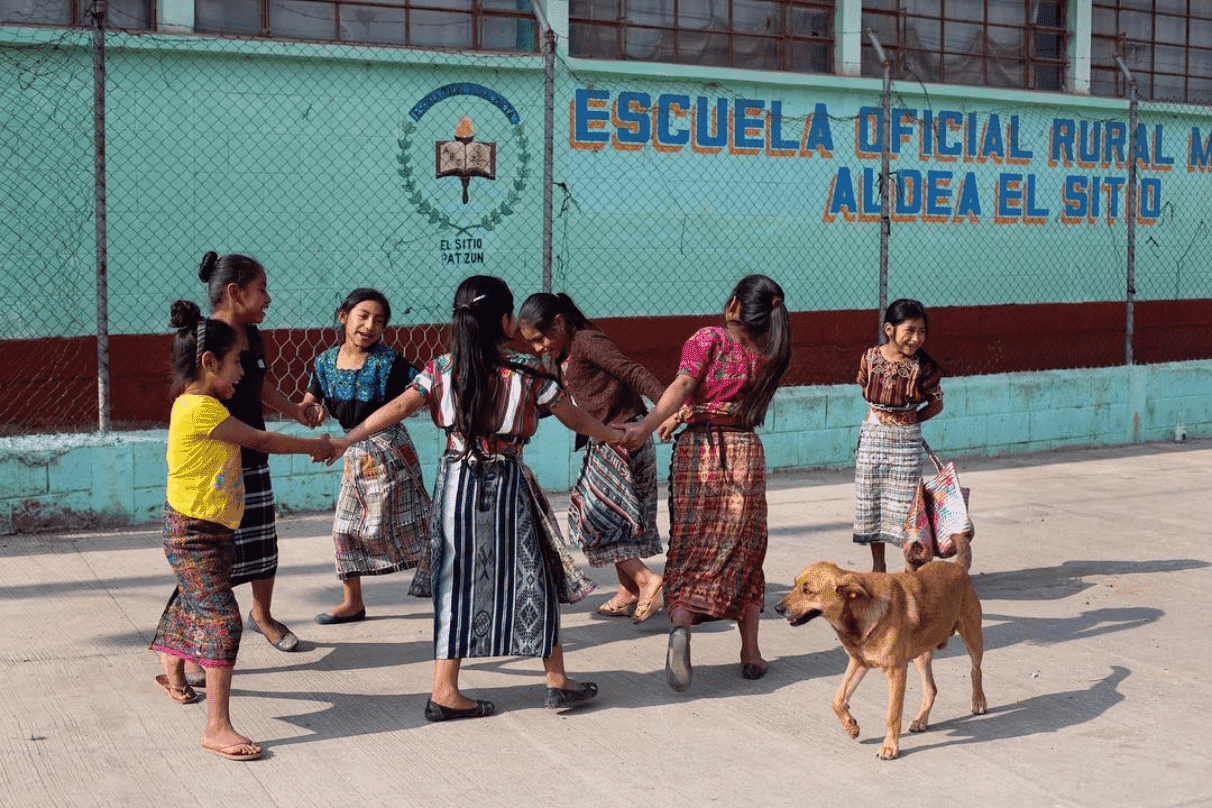In rural Guatemala, Maya-Kaqchikel girls face immense barriers to equality. Cultural norms compounded by limited educational and professional opportunities mean Indigenous girls face elevated risks of early marriages and unions. WJI is changing this reality by investing in the transformative potential of Indigenous girls, empowering them to break cycles of violence and envision brighter futures.
“Fighting against the gender roles imposed on adolescent girls is a constant challenge,” says Milvia Ixén, a facilitator for WJI’s Adolescent Girls Program. Growing up in Patzún, a rural municipality, Milvia reflects on how as young girls, “we are taught that women sweep, mop, make the food, take care of the baby, and get married,” she explains, “machismo is very strong in the communities.”
Milvia had to move far from home to pursue her education and a career. For years, she endured not only machismo but also discrimination. “[I thought] I had to stop being Maya in order to be accepted.” Wearing traditional Maya clothing, or indumentaria, and speaking her native language, Kaqchikel, made her feel stigmatized.
Milvia persevered and graduated as a teacher. After specializing in Mayan culture and teaching Kaqchikel language, she returned home to Patzún where she now leads WJI’s Adolescent Girls Program in four communities and inspires the next generation of girls.
Milvia is a powerful example to the girls of Patzún and is dedicated to helping young girls realize their potential. Through WJI’s workshops, she encourages them to prioritize their education and dream of life goals beyond early marriage and provides girls with the tools to create change and become leaders in their communities, planting the seeds for a brighter future.













To read this story as PDF, click here.
